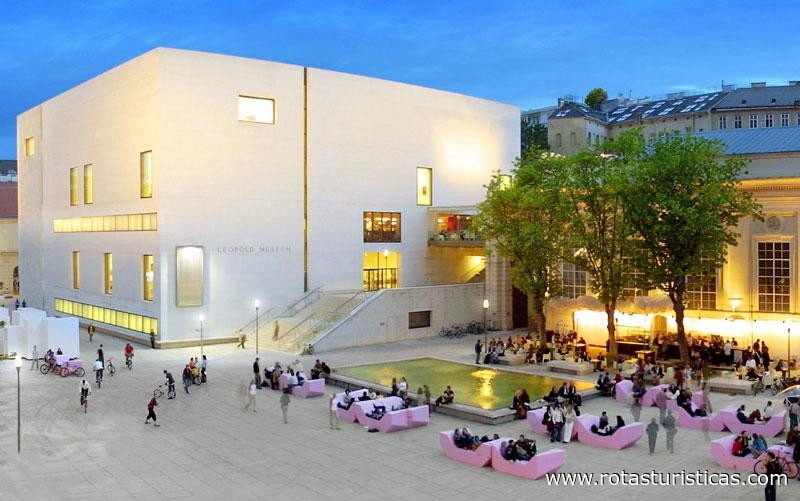Viena, Vienna (state), Austria
Suggest Place to Visit
6278
Track to location with GPS |
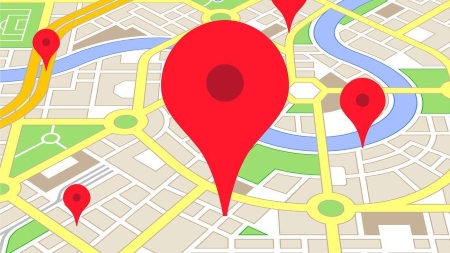 |
The Leopold Museum is presenting a totally reconfigured exhibition of Viennese art at the turn of the century. Titled Vienna 1900. From the Leopold Collection, this reassembly of core areas of the Leopold Museum’s collection will be curated in an unconventional and surprising manner by the project’s managers Diethart Leopold and Peter Weinhäupl, in close collaboration with Rudolf and Elisabeth Leopold.
The Jugendstil, Vienna’s Art Nouveau movement, endeavored to encompass all areas of life within a so-called „gesamtkunstwerk” („total work of art”). Its main exponents Gustav Klimt, Koloman Moser and Josef Hoffmann are synonymous with the art of the Vienna Secession around 1900. This new presentation of the Leopold Museum's holdings - complemented by several significant works on loan - features the works from the Vienna Secession together with paintings and prints from Expressionism to the end of the First World War (Egon Schiele, Oskar Kokoschka, Anton Kolig, Herbert Boeckl and many others) as well as several fascinating examples of Wiener Werkstätte design. Furniture, silver, glass and jewelery are presented together with paintings and graphics, showing what could be termed the most exciting era in the history of Viennese art as a unique aesthetic experience.
The unconventional manner in which this exhibition covering an entire floor of the museum is set up, opens exciting vistas for those well-versed in the subject and a compact introduction to the theme and the epoch to those new to „Vienna around 1900”. While it will help tourists gain valuable insights into the spirit of Vienna around 1900, the local public will have the opportunity to rediscover the Leopold Collection’s holdings from the turn of the century.
Emphasizing his close relationship to the Leopold Collection, curator Dr. Diethard Leopold says, „I grew up with the collection; I know it to the core, better than most others. ” Dir. Mag. Peter Weinhäupl, on the other hand, stresses the importance of providing the visitor more information, designing a more attractive exhibition architecture and, if possible, also including new media art in the collection. According to Mr. Weinhäupl, „The visit to the museum should be just as enjoyable an experience as looking at the artworks.” The artworks have been partially put together in the form of installations and the light shafts have been converted into „active areas”, thus integrating them into exhibition’s architecture. Different levels of the building, ramps, partition walls, etc. contribute to a novel experience of the exhibition spaces.
„Austrian art from the beginning of the twentieth century has been a strong influence for on generations of artists until today. The Leopold Museum holds a large number of works from this period, to which an entire show has been dedicated. As partners of the Leopold Museum, we are very pleased to support this exhibition, ”says Director General Dr. Günther Geyer, Wiener Städtische Versicherung AG Vienna Insurance Group.
For Dr. Maria Rennhofer Cultural Head of Ö1, the exhibition’s main focus „Vienna Around 1900” covers „an important chapter in Austria’s art history, in the other Austrian museum has a comparable collection of this era. It takes us back to the roots of twentieth century Austrian art and reminds us of its international status. ” Maria Rennhofer also addresses the fact „that the collection has repeatedly inspired engagement with the checkered history of the twentieth century and its effect on the fates of former art owners and collectors.”
The exhibition is on level 4, the topmost floor of the museum. Its position offers a splendid visual link to „Vienna around 1900”. The view from the panorama windows - from the Art History Museum to the New Hofburg - put Vienna’s Ringstrasse in an overall context. The decision to build some of the city’s famous Art Nouveau buildings was made in the course of the urban renewal in the last third of the nineteenth century. Dr. Peter Weinhäupl has conceived a central information room, which also contains a lounge-like platform that provides unique views of late nineteenth-century buildings and the Museum Quartier’s new architecture. City maps, historical photographs and films presented in this exhibition space document the groundbreaking achievements of Vienna’s architects around 1900 - from Otto Wagner to Adolf Loos.
Relevance to our times, cross connections to related themes or parallels between the art in Vienna around 1900 and other styles are the integrative elements in the exhibition’s concept. A search object is placed in each room. How these objects report to the exhibition is explained in a folder as well in the last room. These exhibits are a wonderful instrument for building up suspense and a superb pedagogical tool for the exhibition’s art education program.
In a way, „Vienna at the turn of the century” was also a „program for a hundred years” as the achievements of art around 1900 have been a lasting influence on twentieth century art. The floral elements of the Secession and Jugendstil are just as sensitive and playful as the furniture designed by the Wiener Werkstätte is cool and sophisticated. The exhibition clearly communicates this „evolution in taste” which began around 1900. Expressionism's depth (Egon Schiele, Oskar Kokoschka, Richard Gerstl) is equally highlighted as the influences of psychoanalysis on the „undiscovered country of the soul” and the exploration of „sex and character ”. The grand furnishings of the aristocracy was the motive to provide information about the historical background and social movements in the last days of the monarchy. The end of the First World War concludes the exhibition. The presentation in the new rooms is based on an informal chronology of „the end of taste”. The exhibits are arranged thematically around the most important artistic inventions from what can be termed as the most fertile era in the history of Austrian art.
Comments
We don´t have yet any comments about:
Leopold Museum
Leopold Museum
Be the first to leave a comment as it is very important to inform other people
Outros locais a visitar
Within a radius of 20 km from:Leopold Museum
Kunsthalle Wien |
| 0,1 Km |
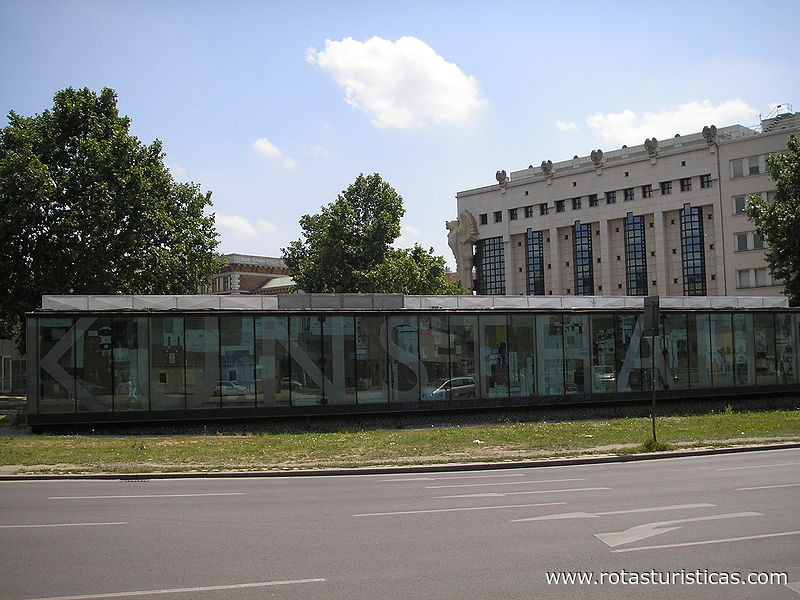 |
Bairro dos Museus (Viena) |
| 0,1 Km |
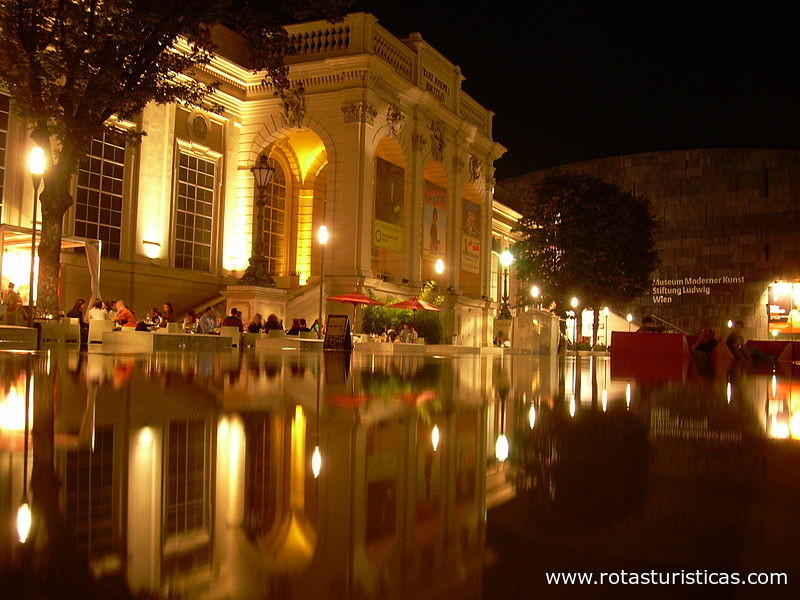 |
Mumok |
| 0,2 Km |
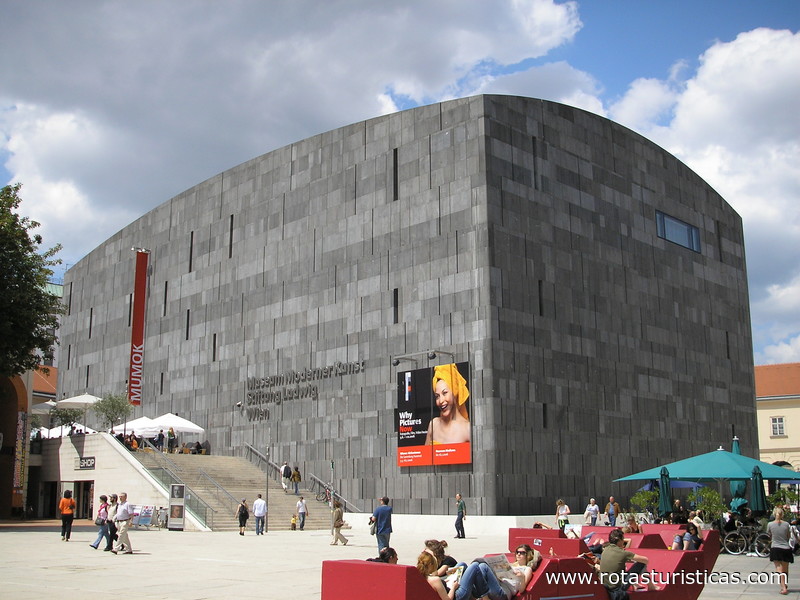 |
Architekturzentrum Wien |
| 0,2 Km |
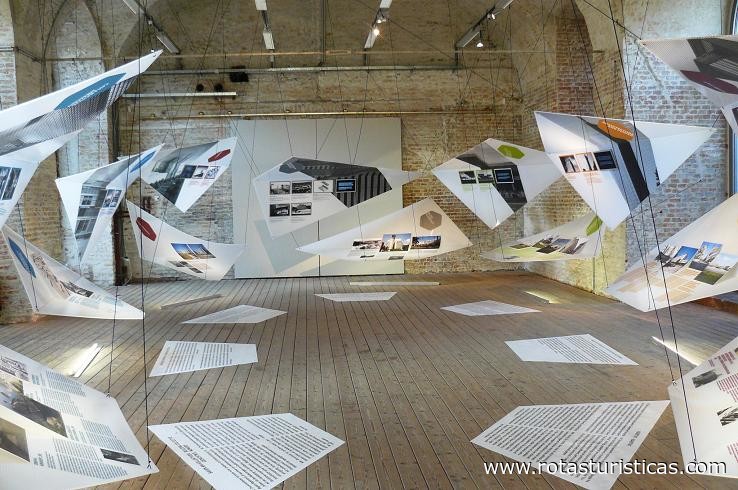 |
Museu de História da Arte (Viena) |
| 0,2 Km |
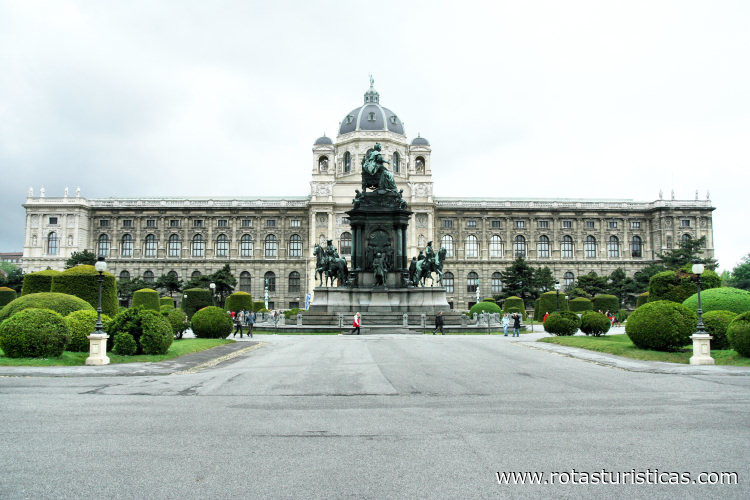 |
Museu Kunsthistorisches |
| 0,2 Km |
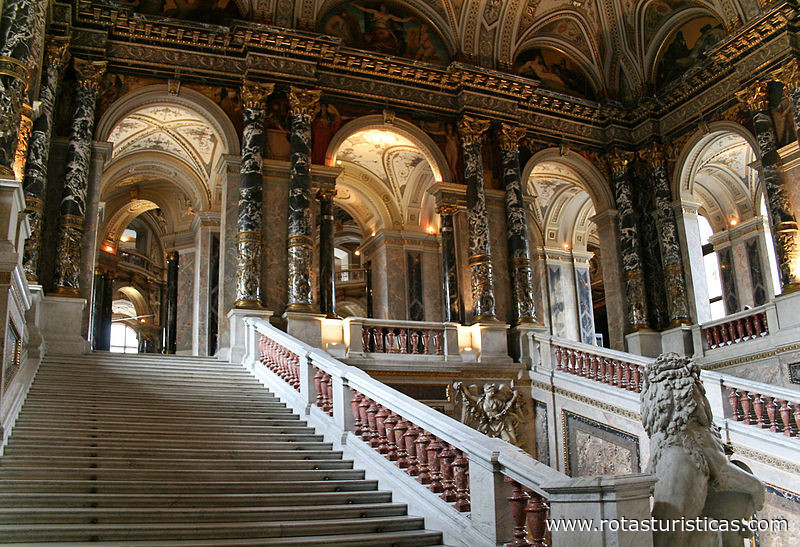 |
Museum of Natural History Vienna |
| 0,3 Km |
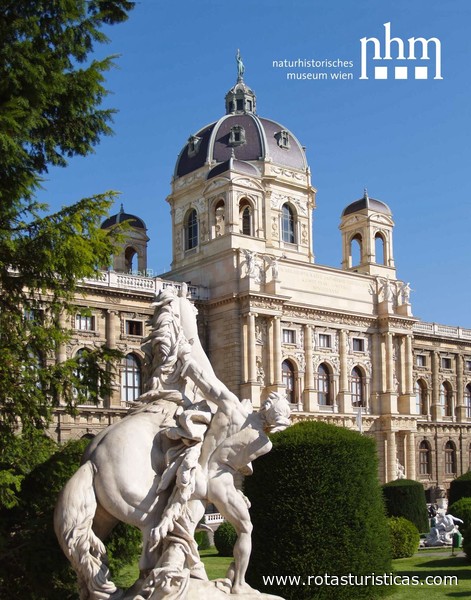 |
Museu Mundial de Viena |
| 0,4 Km |
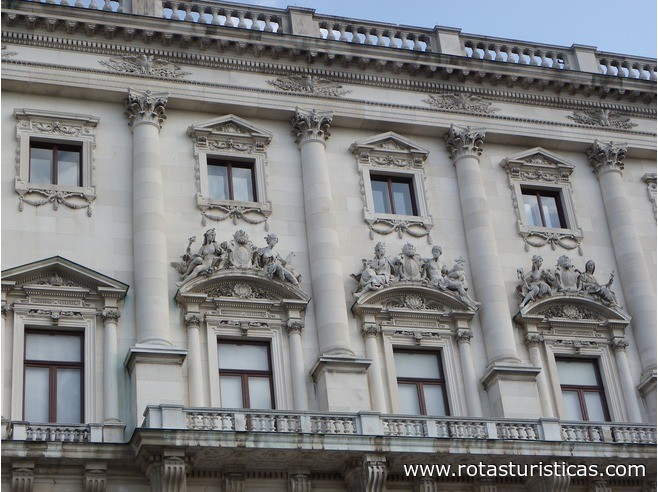 |
Academia de Belas Artes (Viena) |
| 0,5 Km |
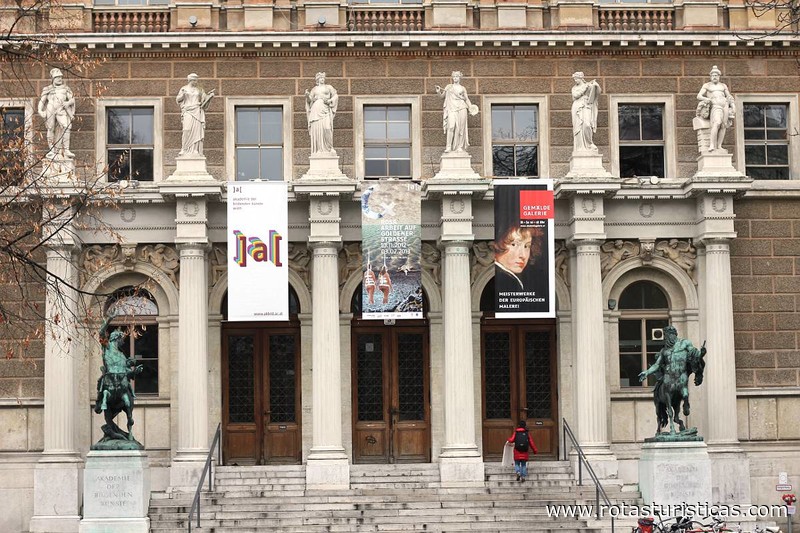 |
Museu Ephesus (Viena) |
| 0,5 Km |
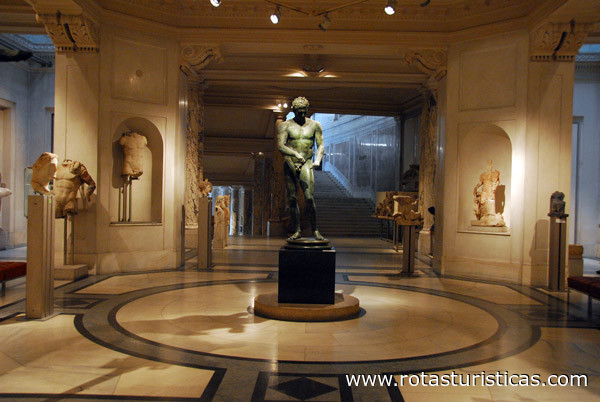 |
Coleção de Armas e Armaduras (Viena) |
| 0,5 Km |
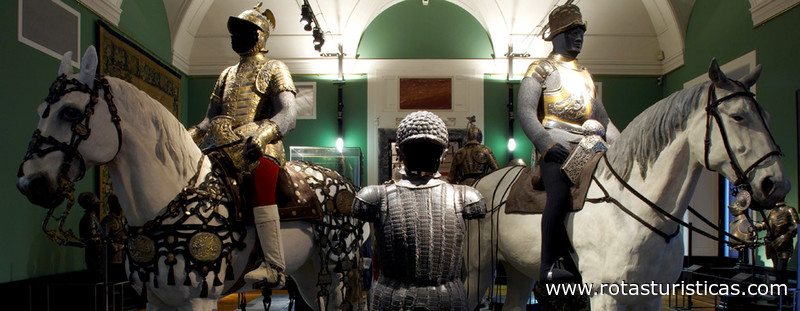 |
novo castelo |
| 0,5 Km |
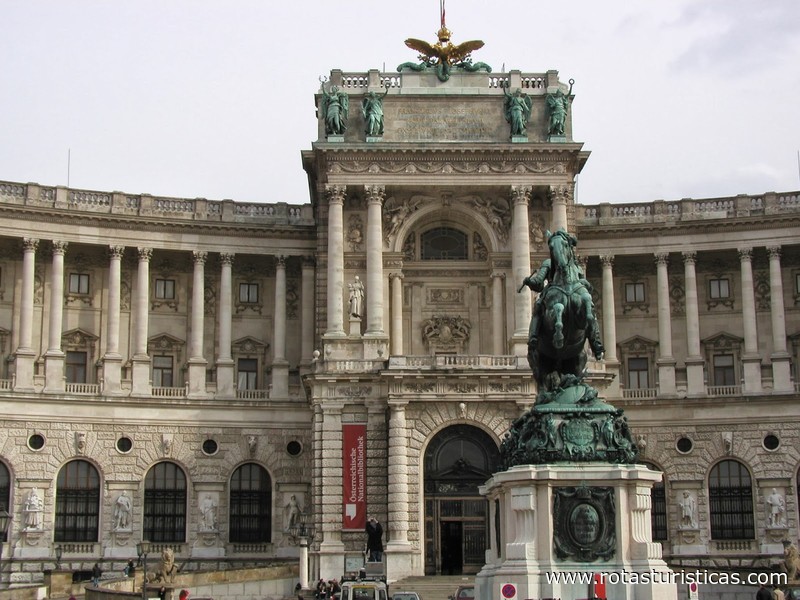 |
Edifício da Secessão (Viena) |
| 0,5 Km |
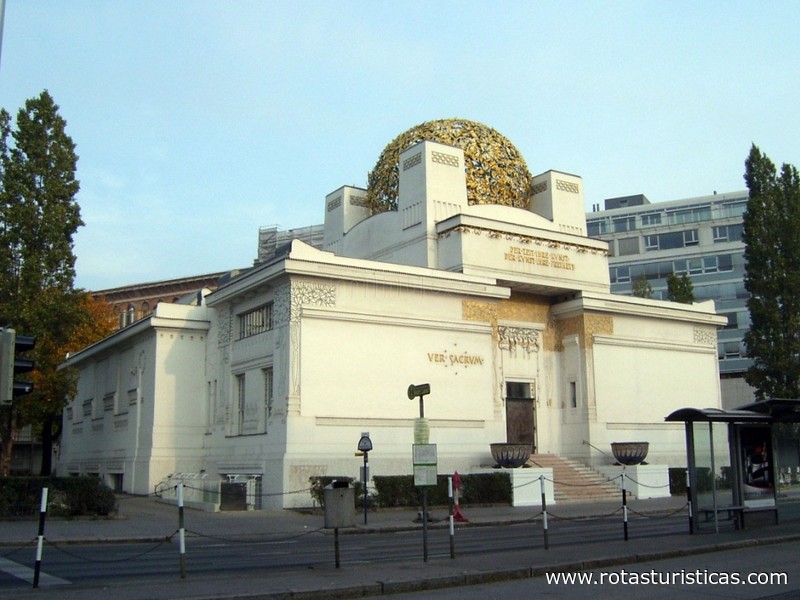 |
Museu do Papiro (Viena) |
| 0,5 Km |
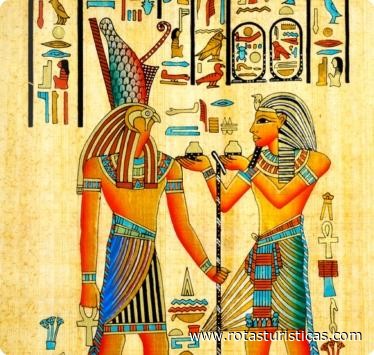 |
Parlamento de Viena |
| 0,6 Km |
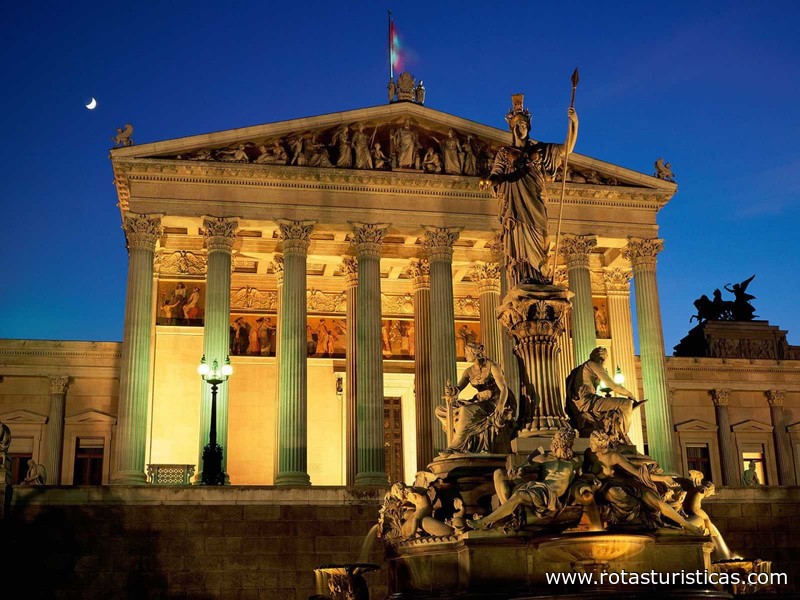 |
Museu da Ópera Estatal de Viena (Viena) |
| 0,6 Km |
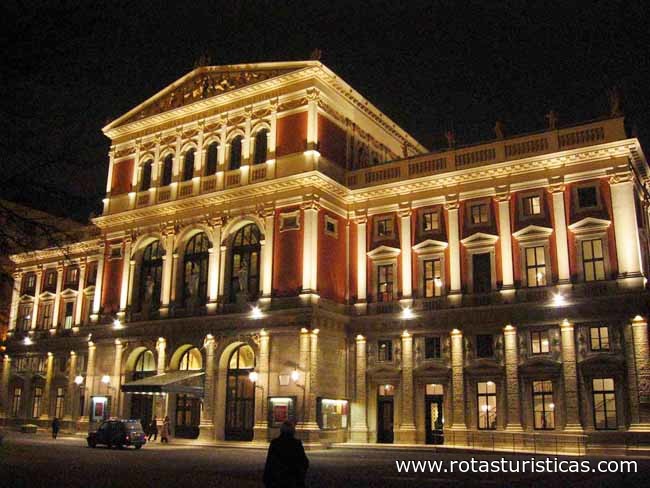 |
Casa das Borboletas |
| 0,6 Km |
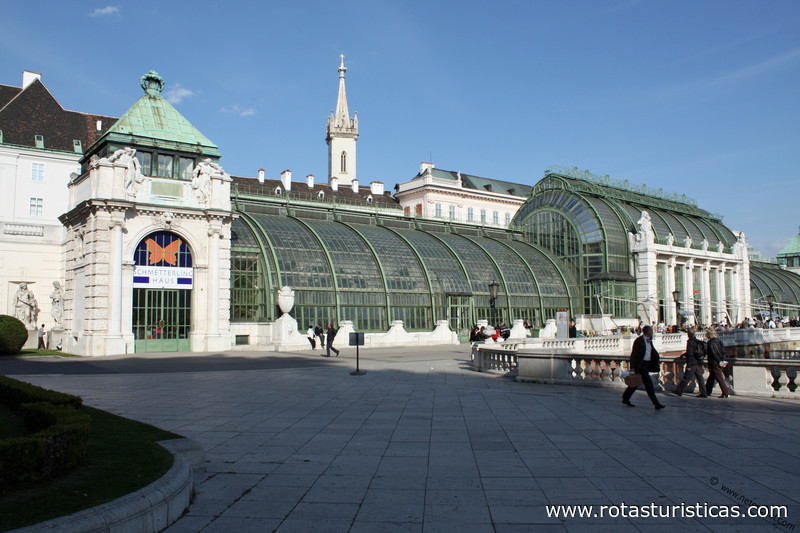 |
Museu da Tortura (Viena) |
| 0,7 Km |
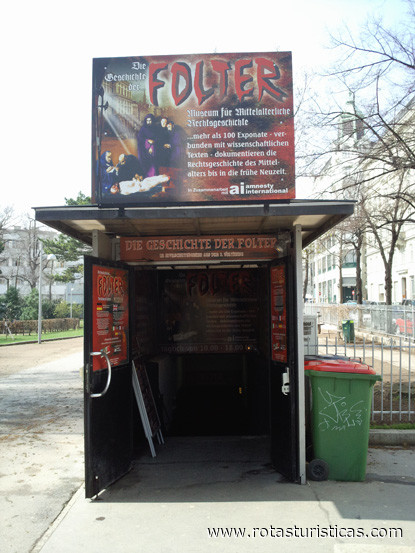 |
Casa do mar |
| 0,7 Km |
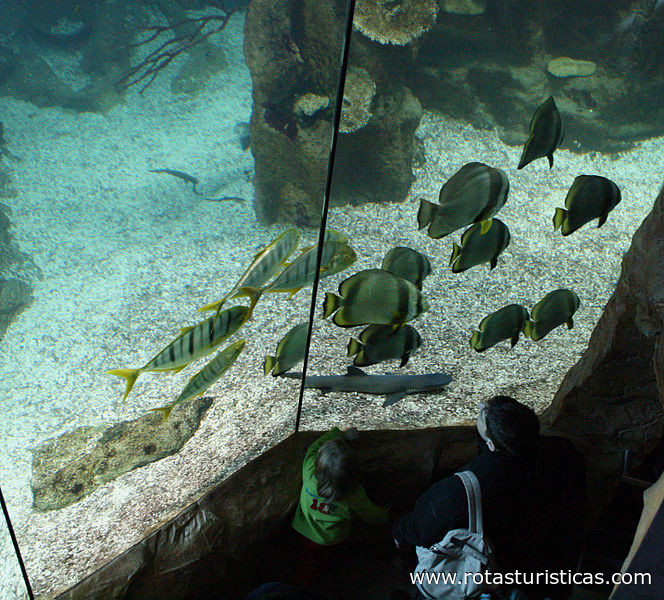 |
Albertina |
| 0,7 Km |
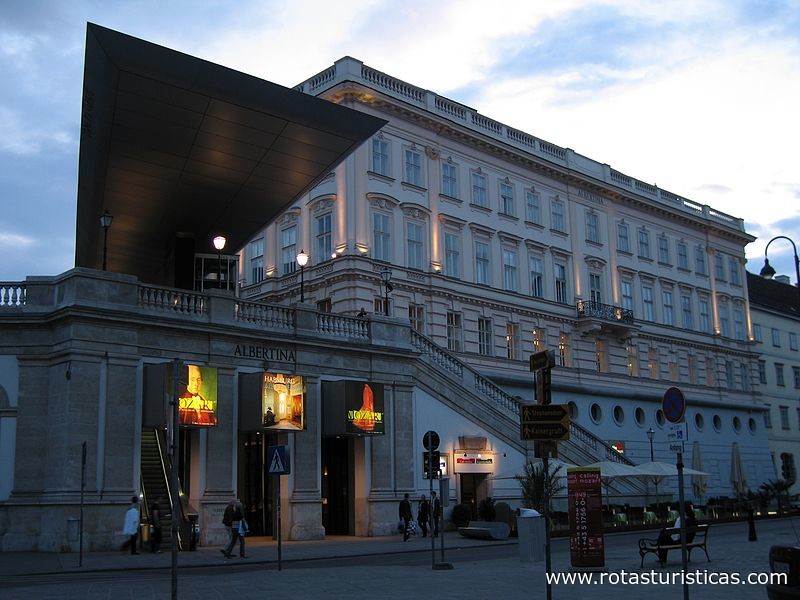 |
Tesouro Imperial de Viena |
| 0,7 Km |
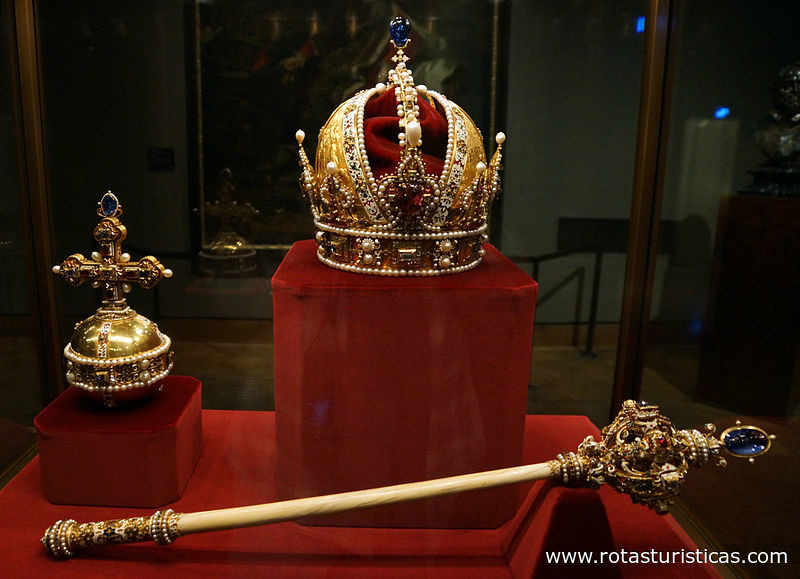 |
Igreja dos Frades Agostinianos (Viena) |
| 0,7 Km |
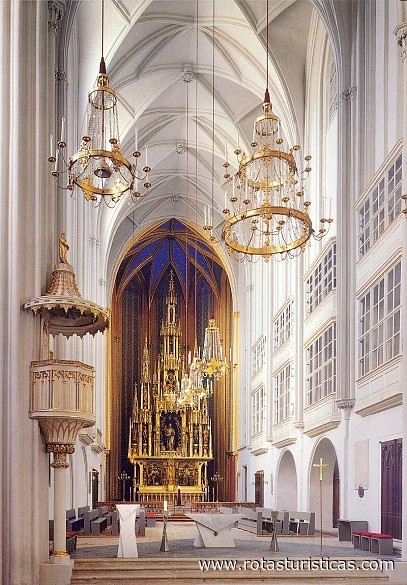 |
Museu do Cinema Austríaco |
| 0,8 Km |
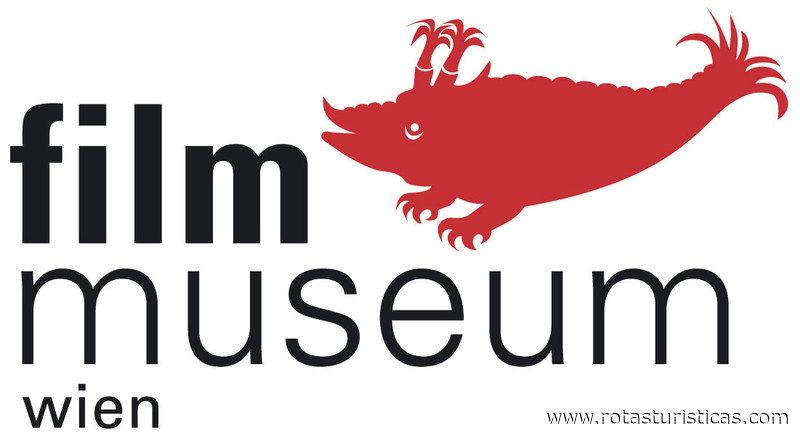 |
Phantastenmuseum (Viena) |
| 0,8 Km |
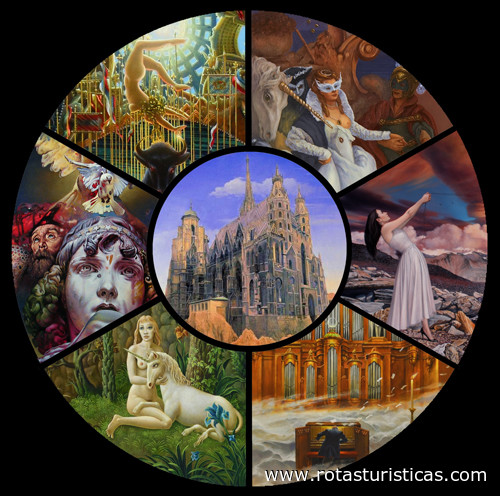 |
Museu Sisi (Viena) |
| 0,8 Km |
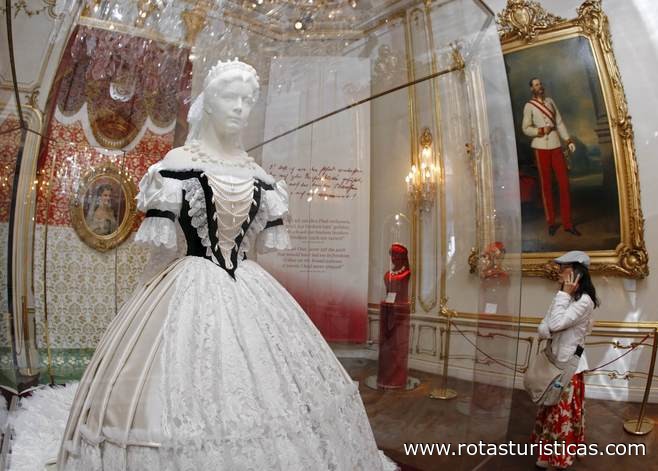 |
O Museu do Terceiro Homem (Viena) |
| 0,8 Km |
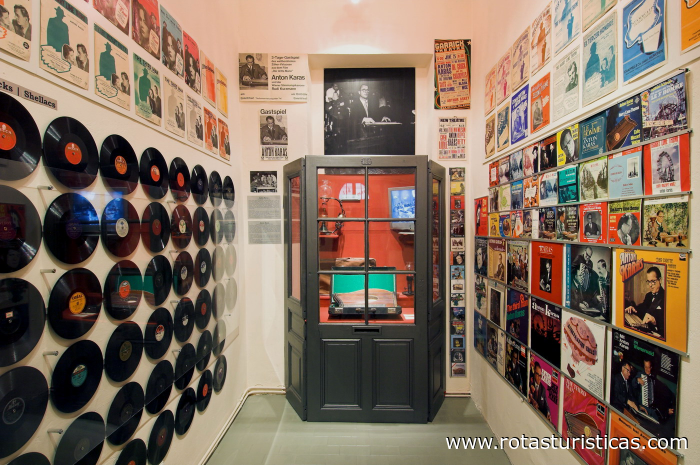 |
Museu do Teatro Austríaco |
| 0,8 Km |
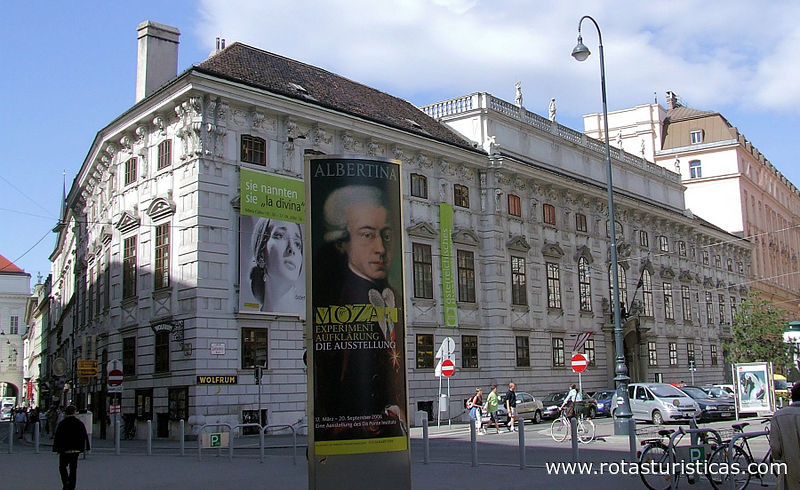 |
Pavilhões Stadtbahn de Otto Wagner |
| 0,9 Km |
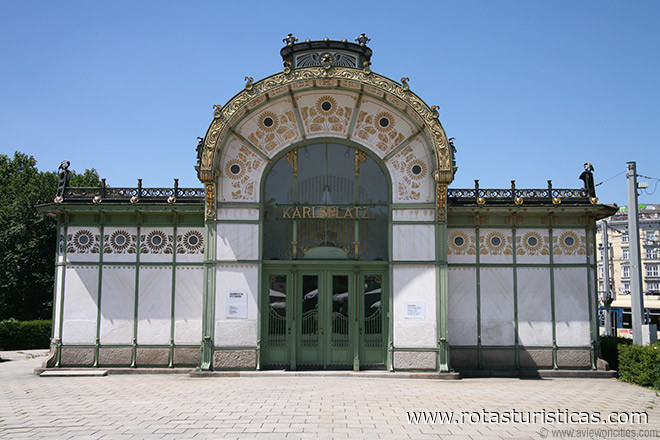 |
Teatro Nacional de Viena (Áustria) |
| 0,9 Km |
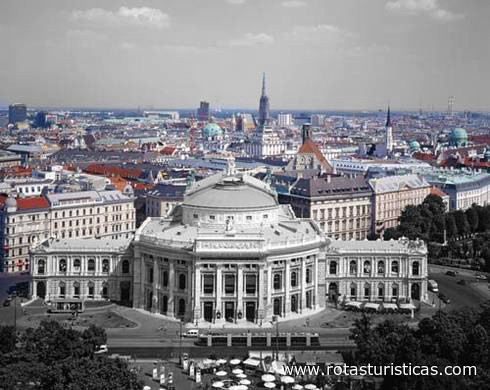 |
Fundação Generali |
| 0,9 Km |
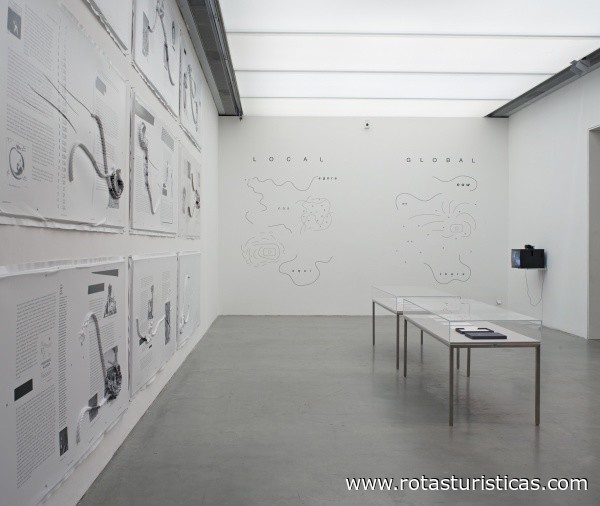 |
Palácio Imperial de Hofburg (Viena) |
| 0,9 Km |
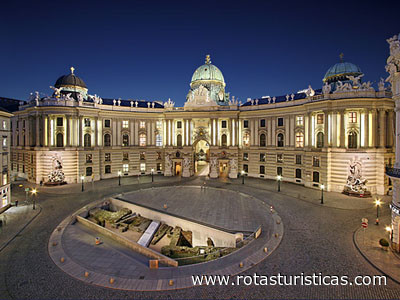 |
Museu Judaico de Viena |
| 0,9 Km |
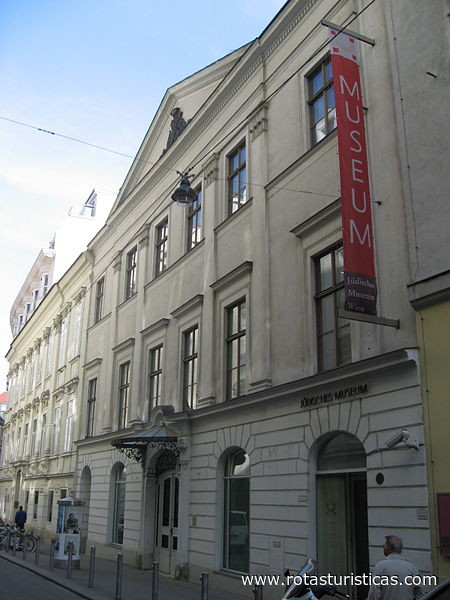 |
Departamento de Línguas Planeadas e Museu do Esperanto |
| 0,9 Km |
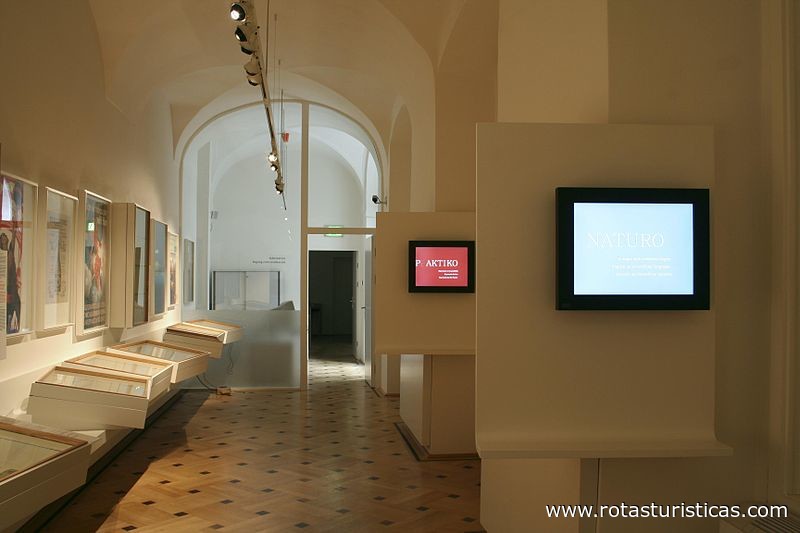 |
Globe Museum |
| 0,9 Km |
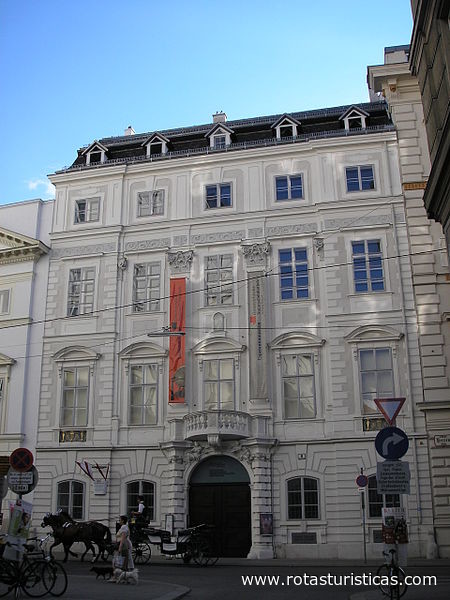 |
Karlsplatz (Viena) |
| 0,9 Km |
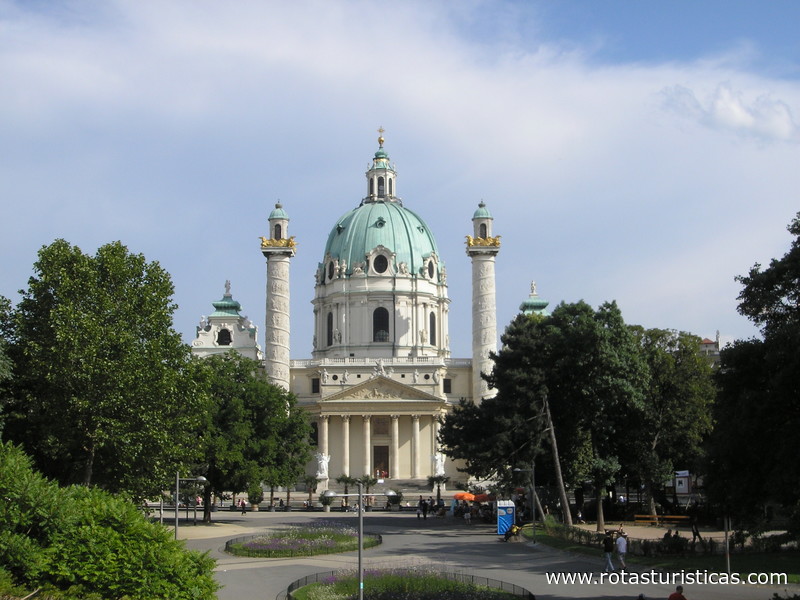 |
Viagem no Tempo Viena (Viena) |
| 0,9 Km |
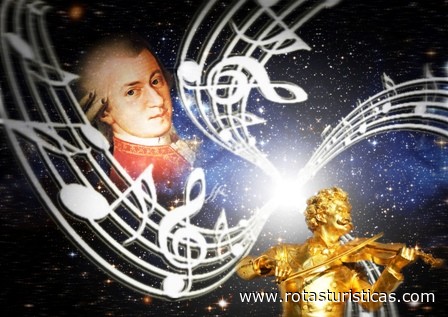 |
Casa do artista (Viena) |
| 0,9 Km |
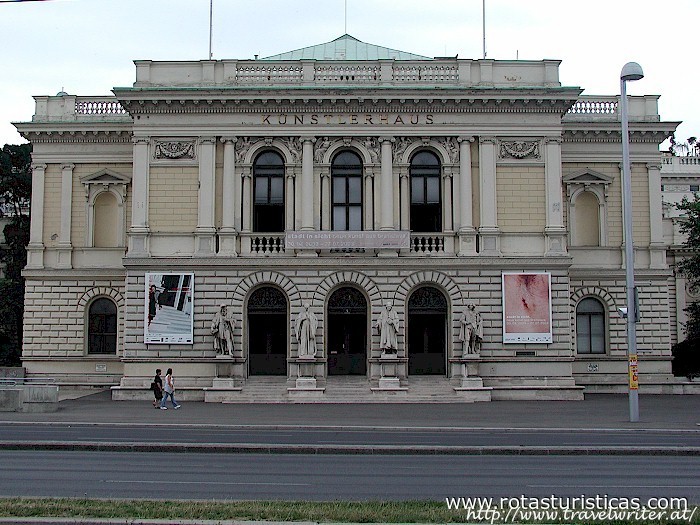 |
Casa do artista |
| 0,9 Km |
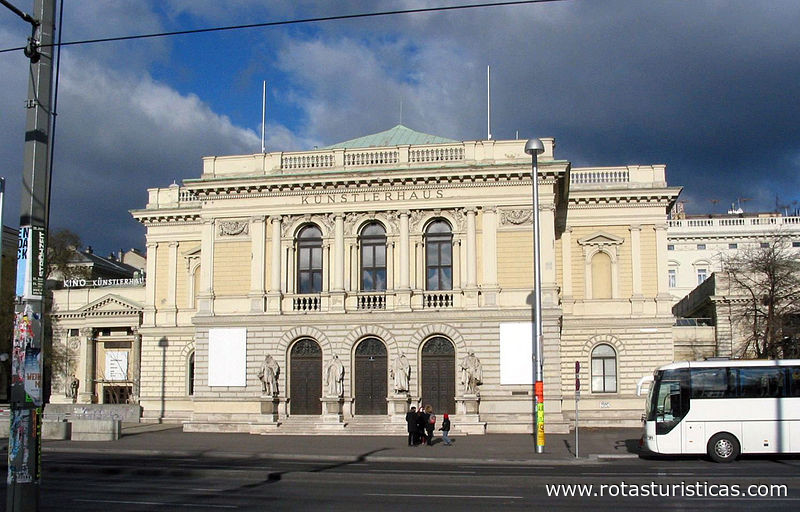 |
Antiga padaria (Viena) |
| 1,0 Km |
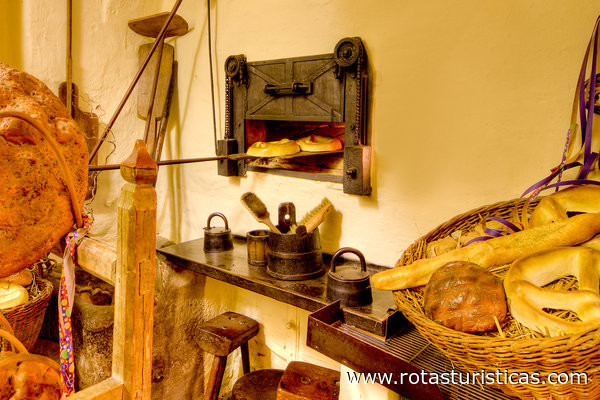 |
Coleção de Móveis Imperial |
| 1,0 Km |
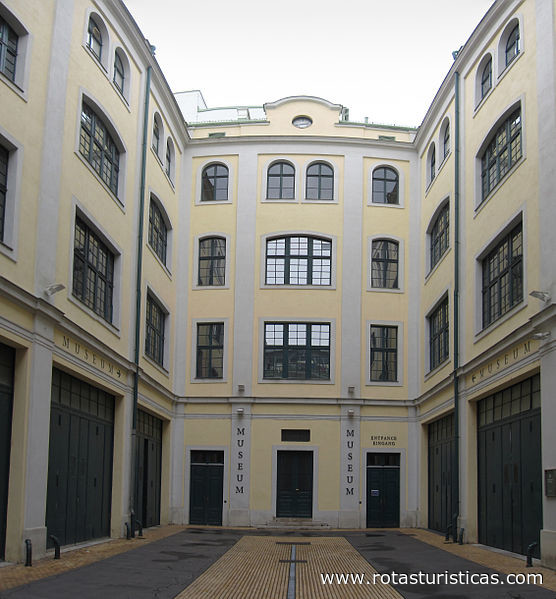 |
Casa da música |
| 1,0 Km |
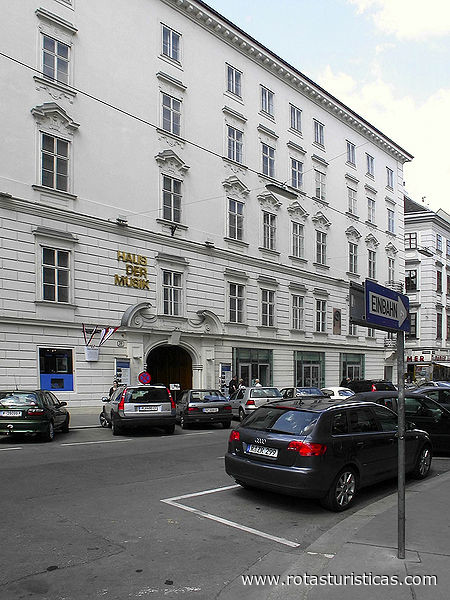 |
Museu Karlsplatz de Viena |
| 1,1 Km |
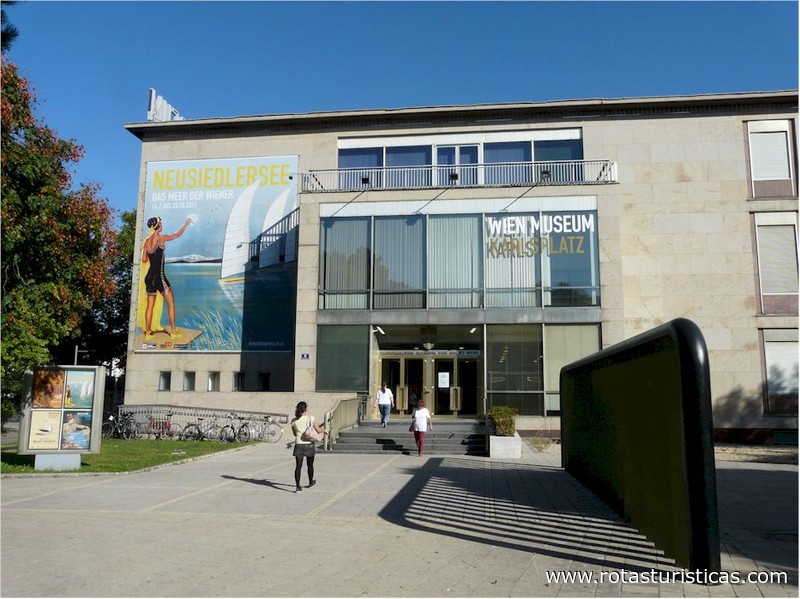 |
Bank Austria Kunstforum Wien |
| 1,1 Km |
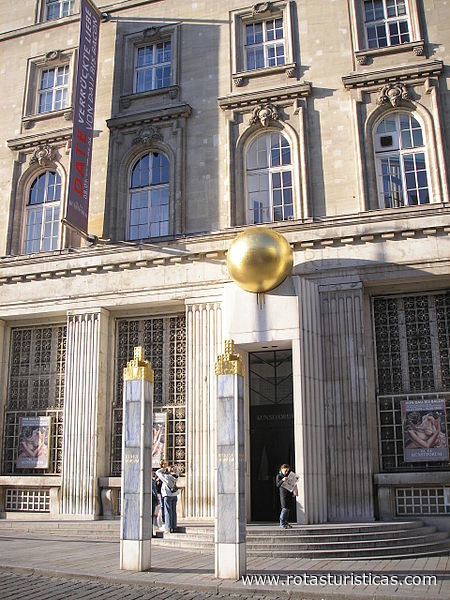 |
Beethoven Pasqualatihaus |
| 1,1 Km |
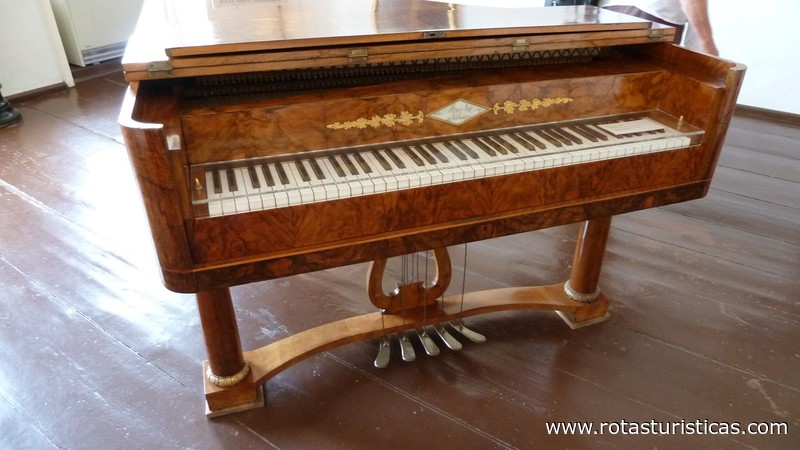 |
Museu na Abadia dos Escoceses (Viena) |
| 1,1 Km |
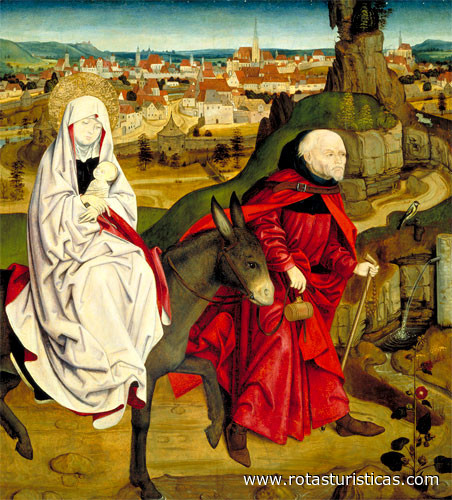 |
Museu de observação |
| 1,2 Km |
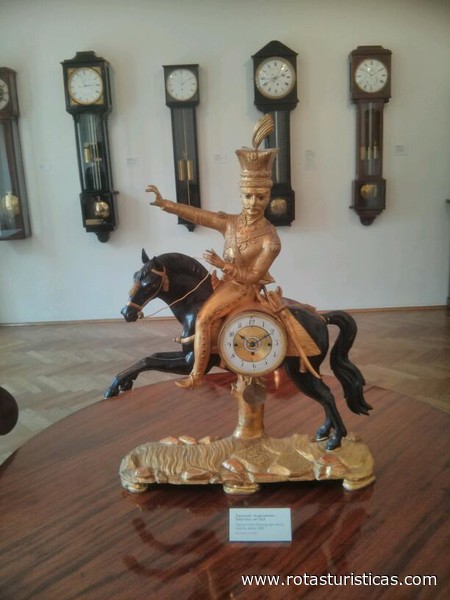 |
Museu do Fogo (Viena) |
| 1,2 Km |
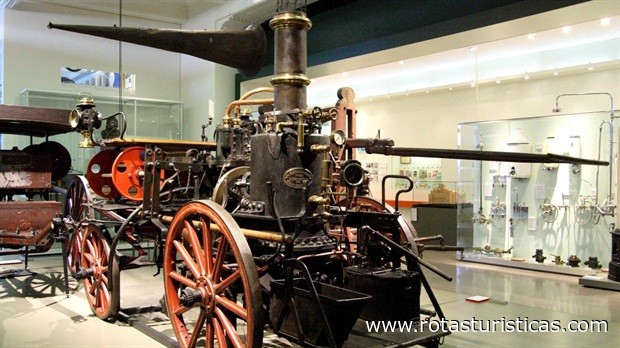 |
Universidade de Viena (Viena) |
| 1,2 Km |
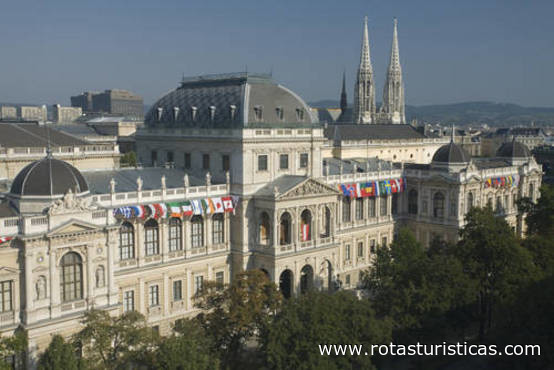 |
Catedral de Santo Estêvão (Viena) |
| 1,2 Km |
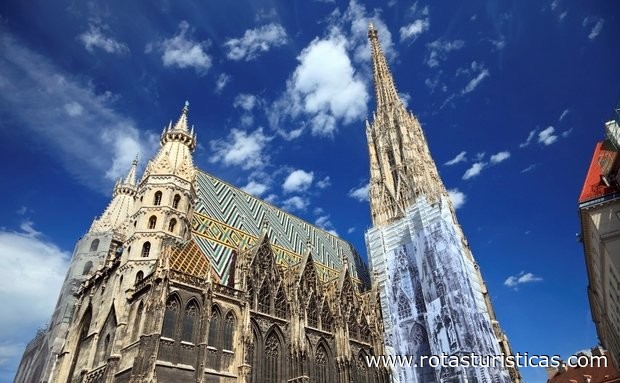 |
Catedral de Santo Estêvão (Viena) |
| 1,2 Km |
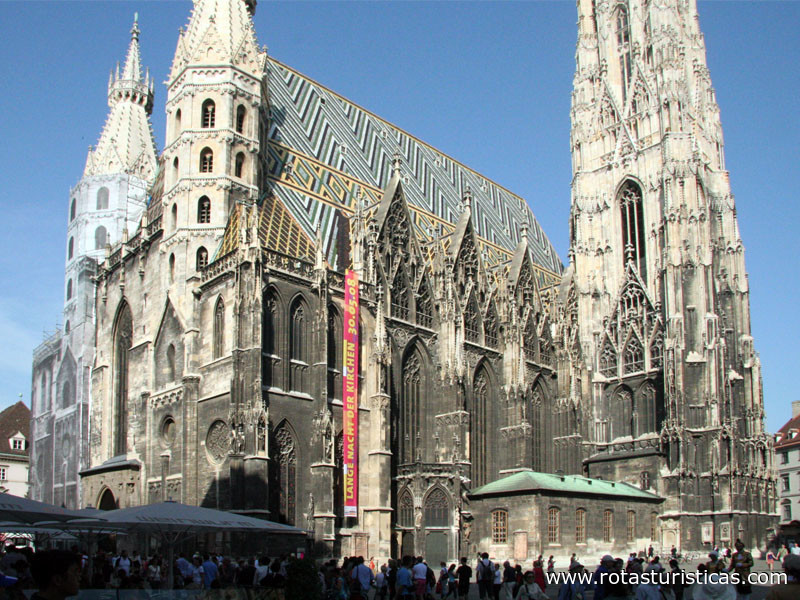 |
Aústria |
| 1,2 Km |
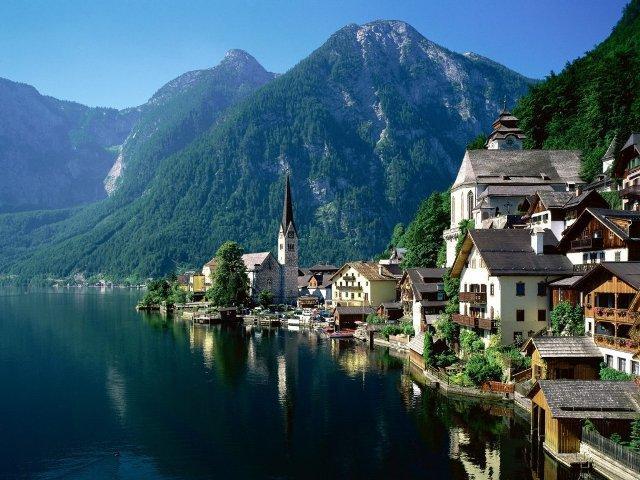 |
Centro de Westlicht para fotografia (Viena) |
| 1,3 Km |
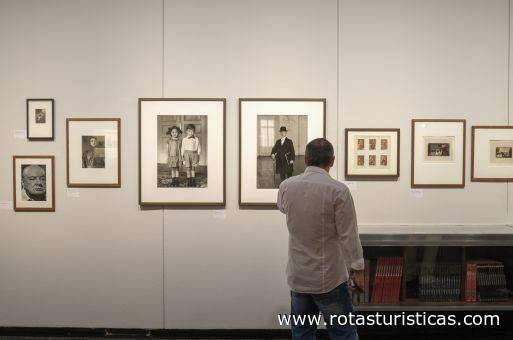 |
Casa dos Frescos de Neidhart (Viena) |
| 1,3 Km |
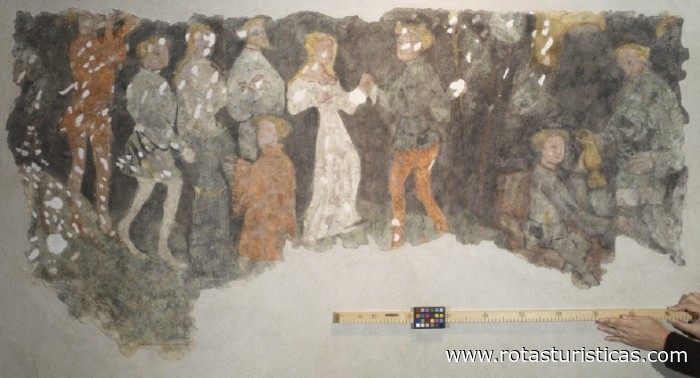 |
Museu da Catedral (Viena) |
| 1,3 Km |
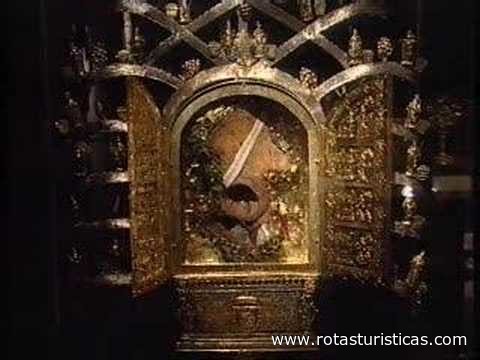 |
Mozarthaus Viena |
| 1,3 Km |
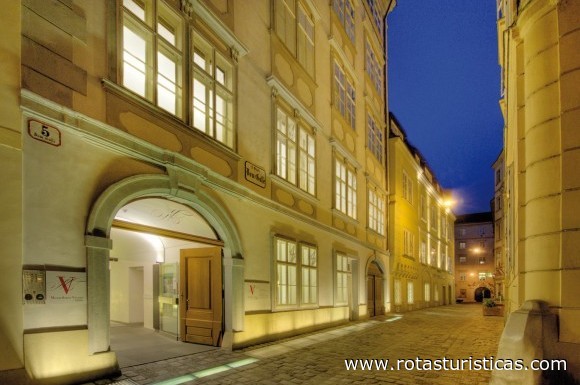 |
Museu Romano no Hohen Markt (Viena) |
| 1,4 Km |
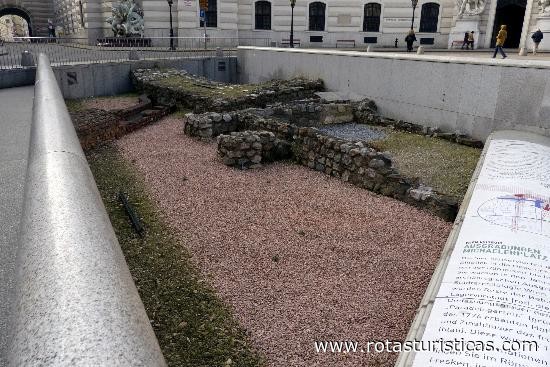 |
Relógio Anker (Viena) |
| 1,4 Km |
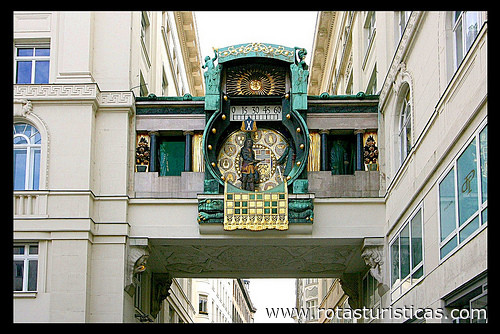 |
Arnold Schönberg Center |
| 1,4 Km |
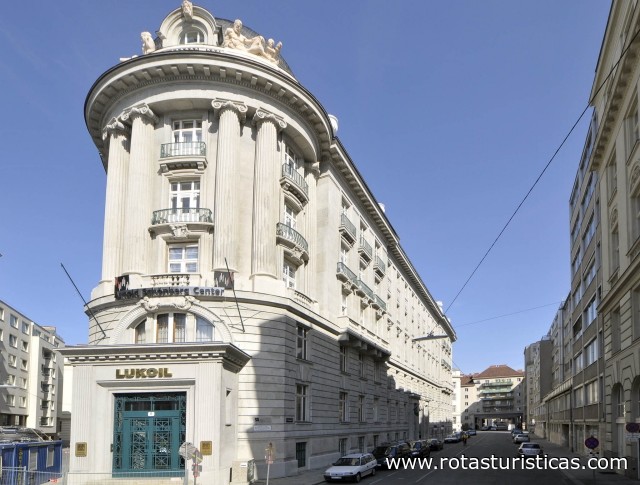 |
Monumento a Johann Strauss (Viena) |
| 1,5 Km |
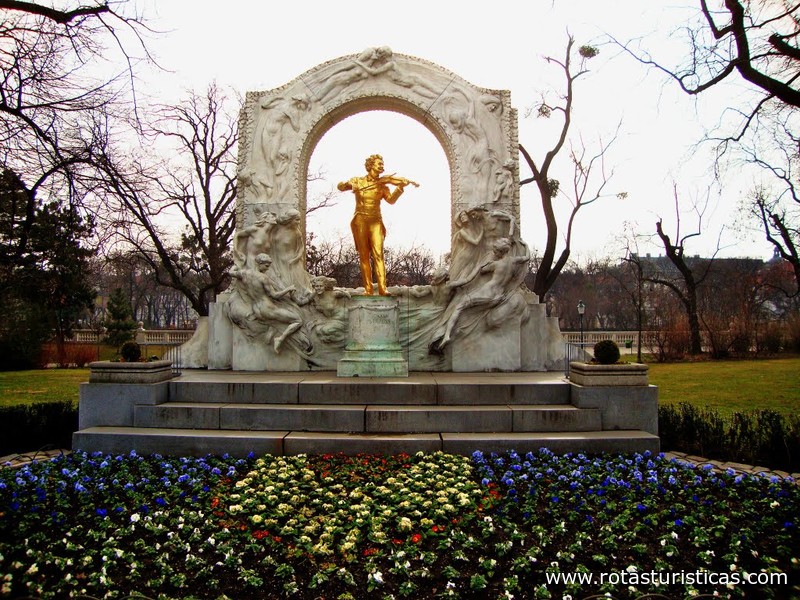 |
Forja Velha (Viena) |
| 1,6 Km |
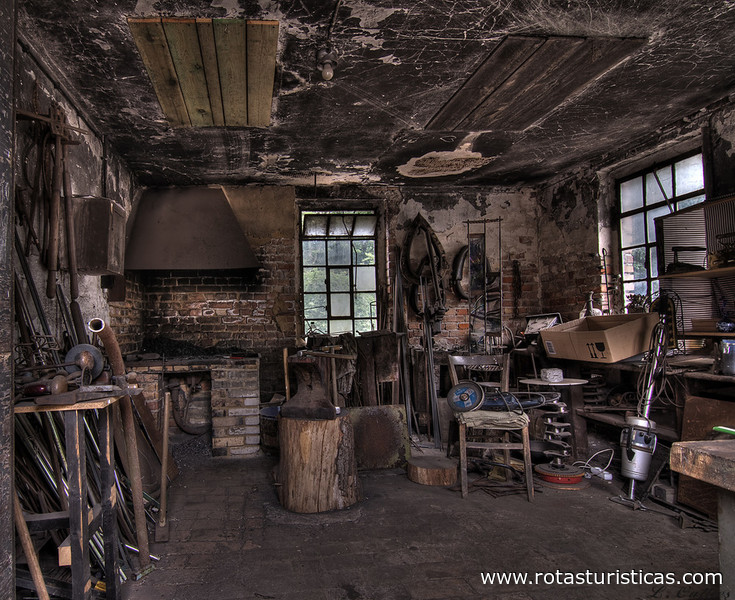 |
Museu dos Sapatos de Viena (Viena) |
| 1,7 Km |
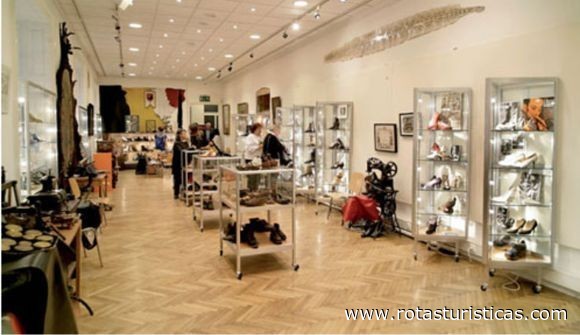 |
Rio Danúbio (Viena) |
| 1,8 Km |
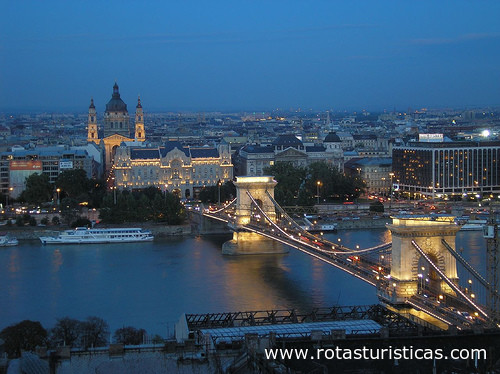 |
Museu Sigmund Freud |
| 1,8 Km |
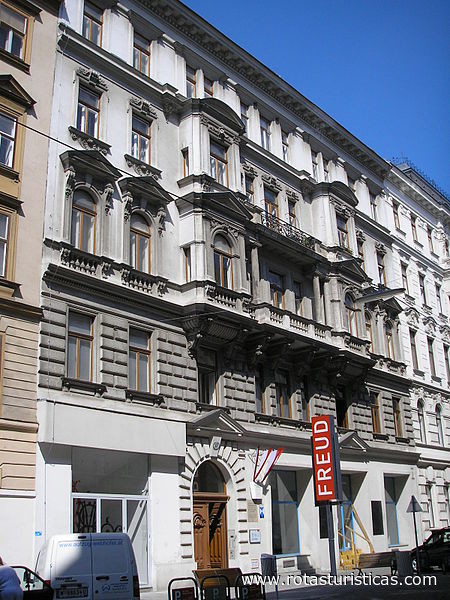 |
Wagner Werk (Viena) |
| 1,8 Km |
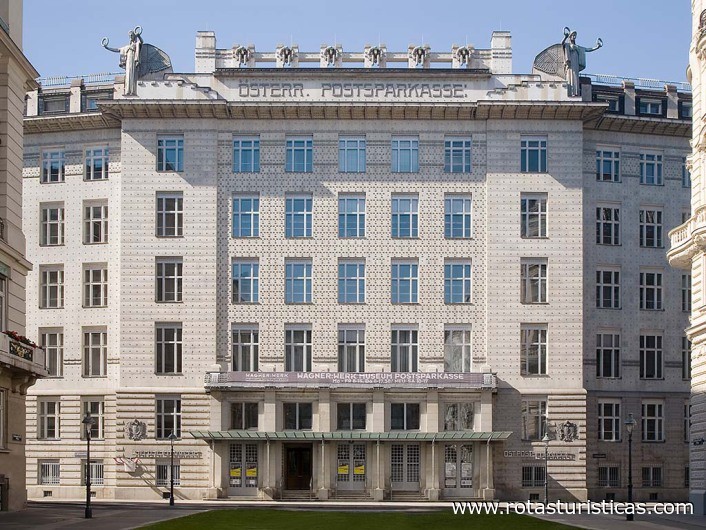 |
Josephinum (Viena) |
| 1,9 Km |
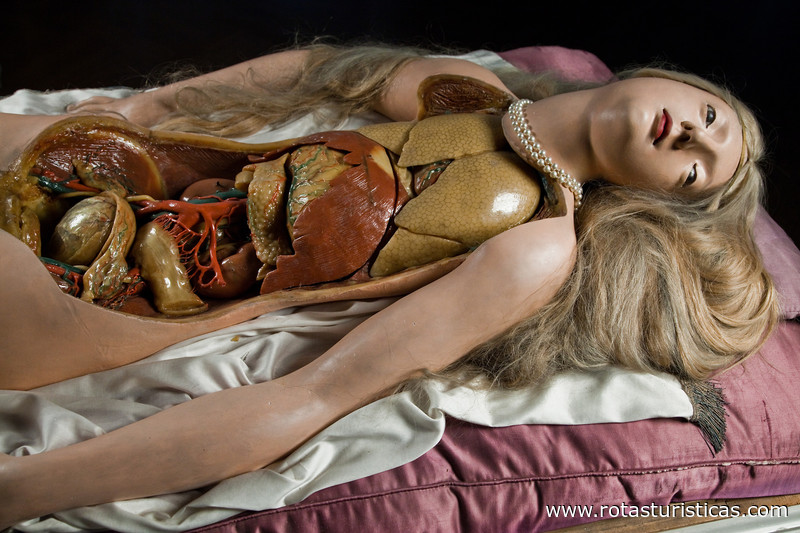 |
Museu Funerário de Viena |
| 2,0 Km |
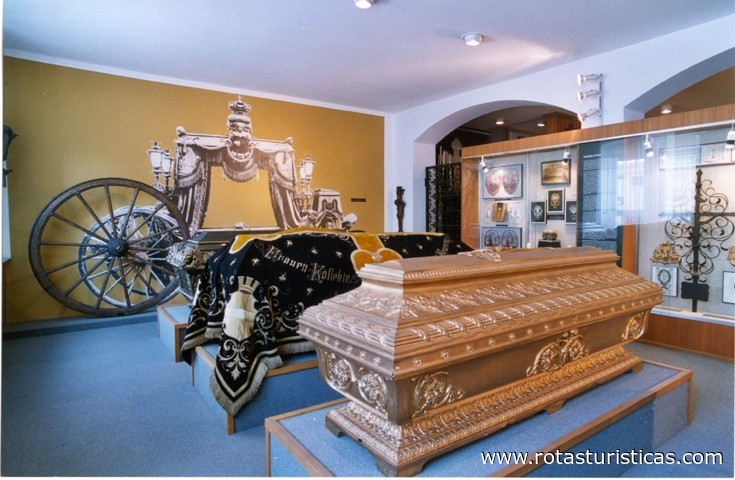 |
Sociedade Austríaca e Museu Econômico |
| 2,1 Km |
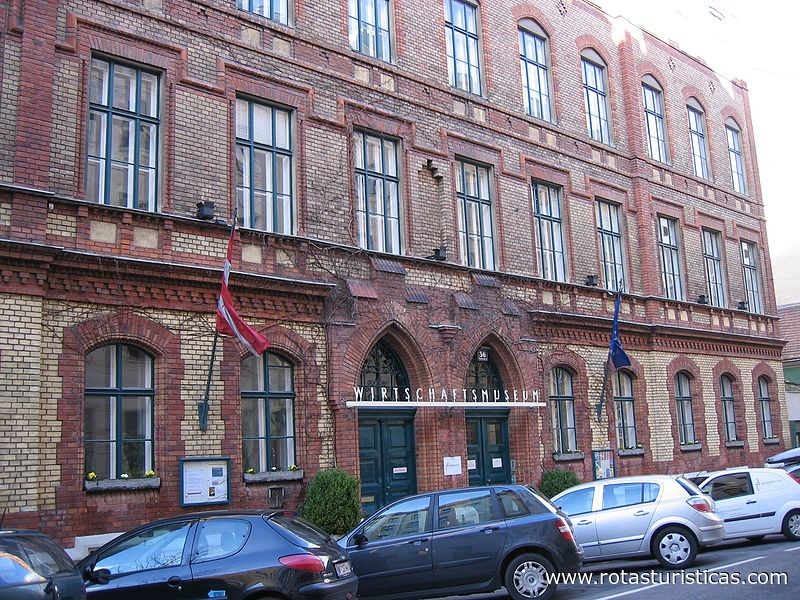 |
Jardim do Palácio de Liechtenstein (Viena) |
| 2,2 Km |
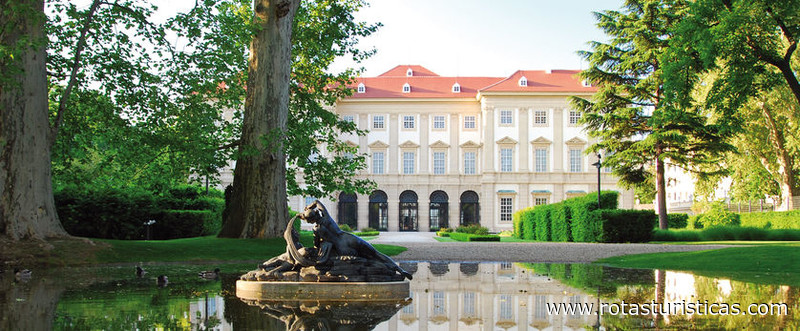 |
Museu do Crime (Viena) |
| 2,3 Km |
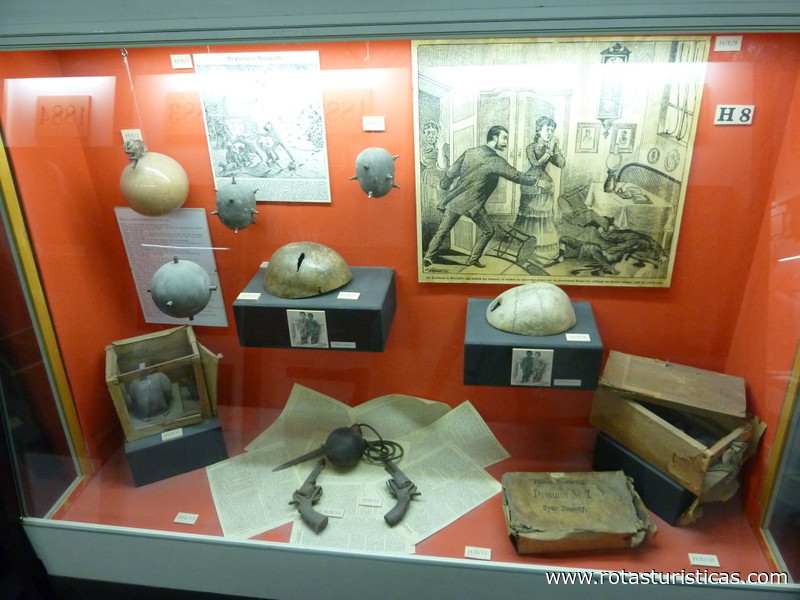 |
Museu do Crime de Viena |
| 2,3 Km |
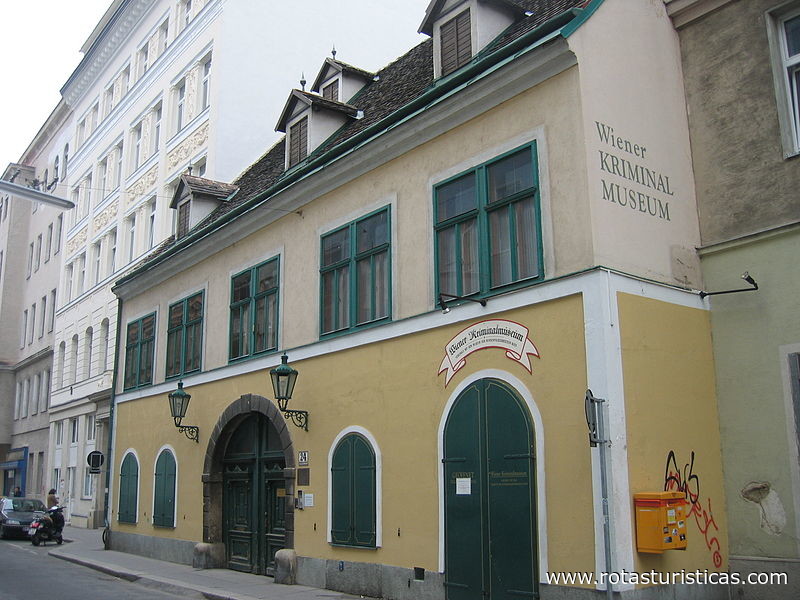 |
Casa Wittgenstein (Viena) |
| 2,6 Km |
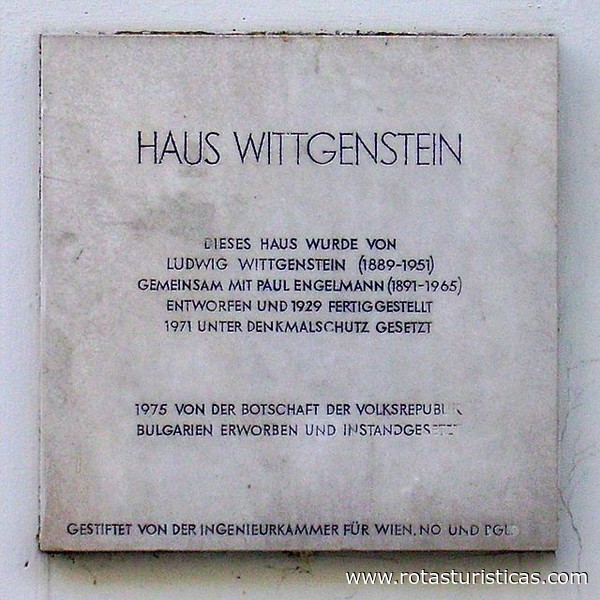 |
Fábrica de Porcelana Augarten (Viena) |
| 2,7 Km |
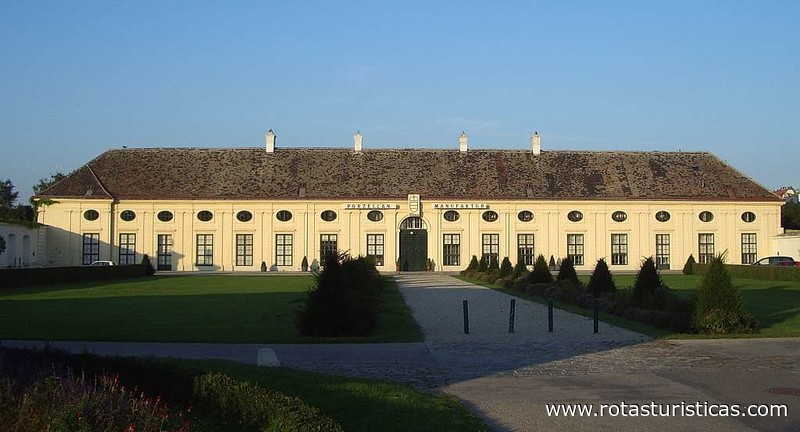 |
Casa Hundertwasser (Viena) |
| 2,7 Km |
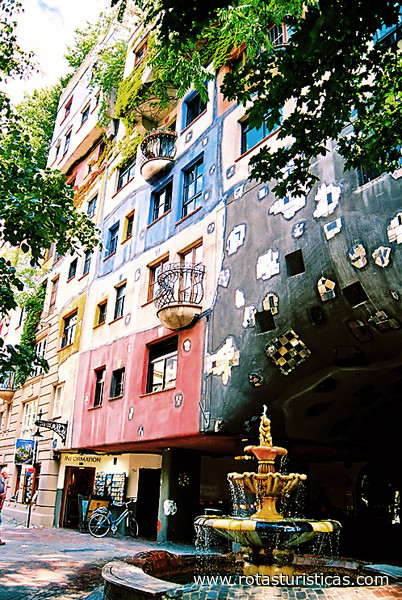 |
Kunsthauswien |
| 2,7 Km |
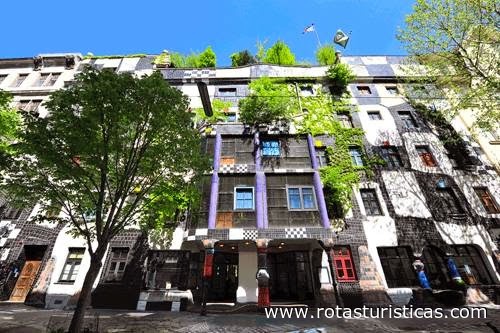 |
Museu de História Militar de Viena |
| 2,8 Km |
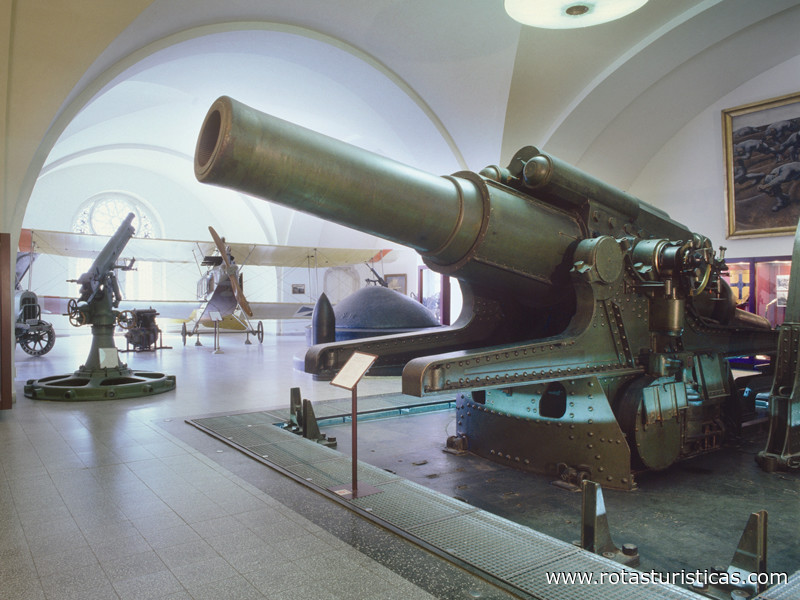 |
Museu de História Militar |
| 3,0 Km |
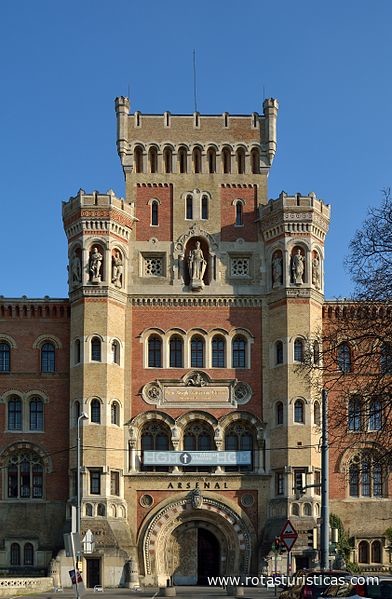 |
Museu Prater (Viena) |
| 3,0 Km |
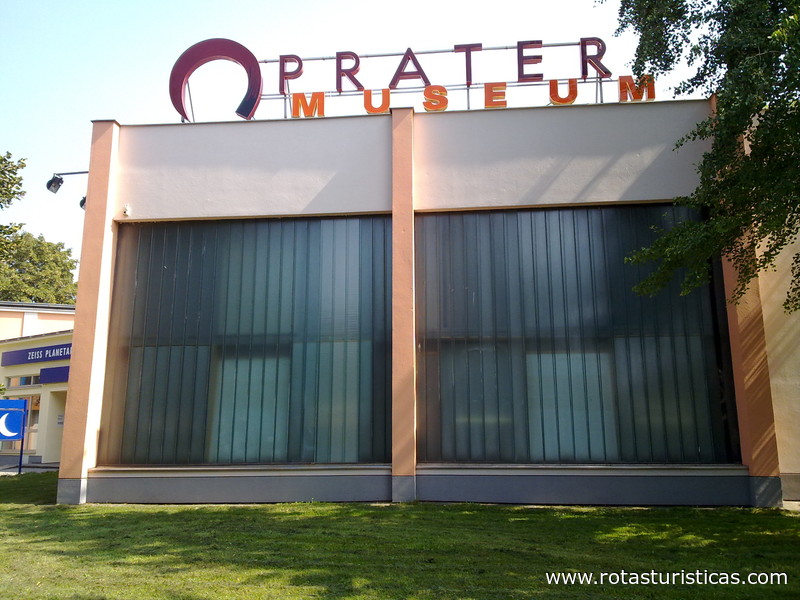 |
Zeiss Planetarium Viena |
| 3,1 Km |
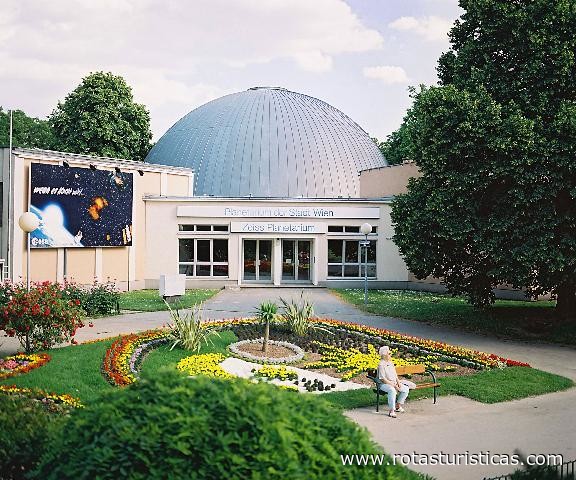 |
A roda gigante e a sua praça (Viena) |
| 3,2 Km |
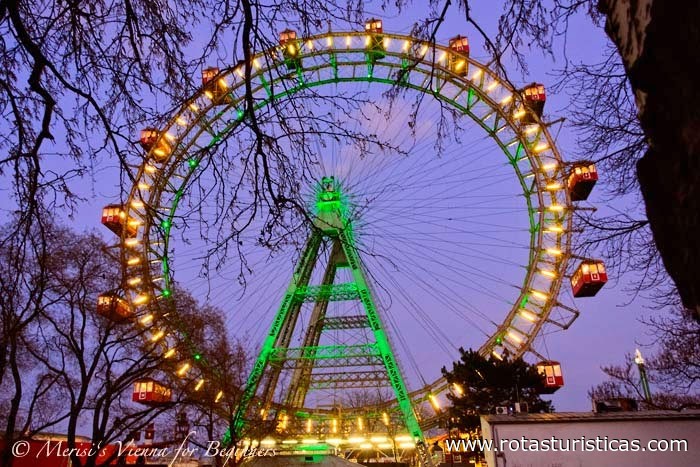 |
Madame Tussauds (Viena) |
| 3,2 Km |
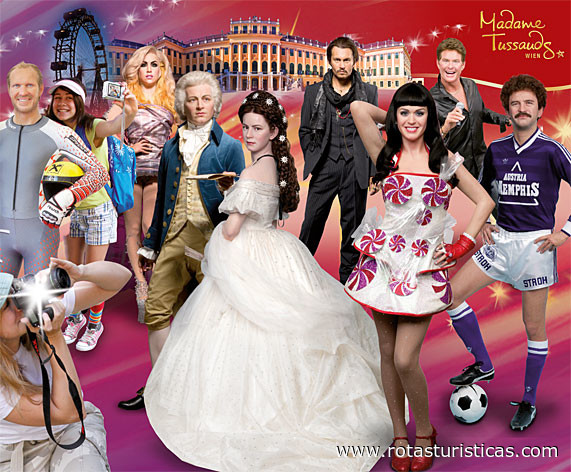 |
Museu Técnico de Viena |
| 3,3 Km |
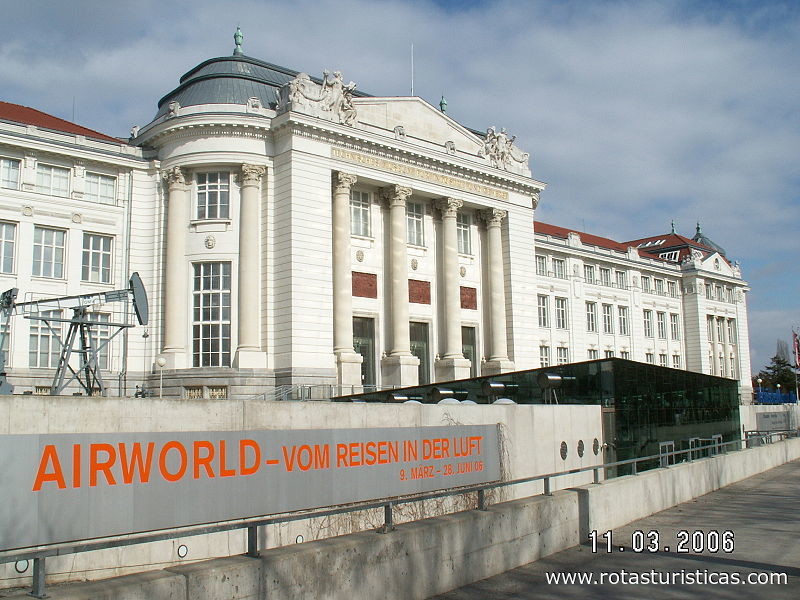 |
Antiga Viena Schnapsmuseum (Viena) |
| 3,3 Km |
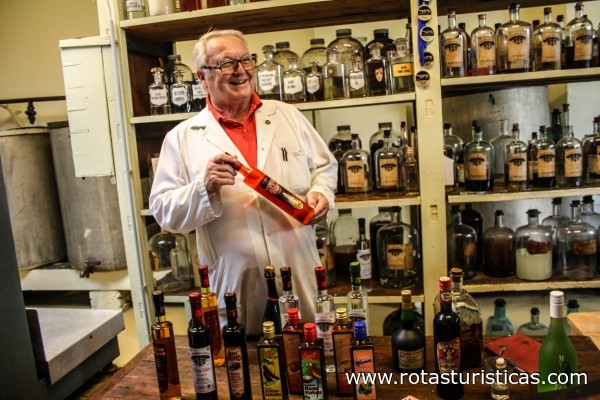 |
Museu do Elétrico de Viena (Viena) |
| 3,8 Km |
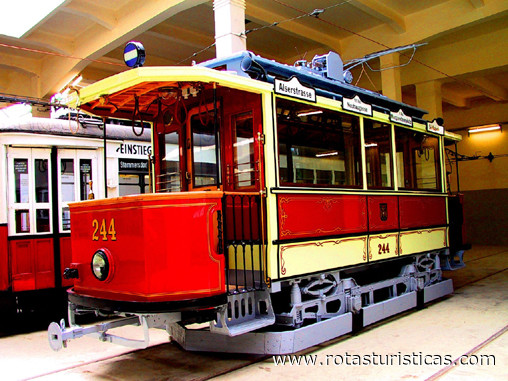 |
Cemitério de St. Marx (Viena) |
| 3,8 Km |
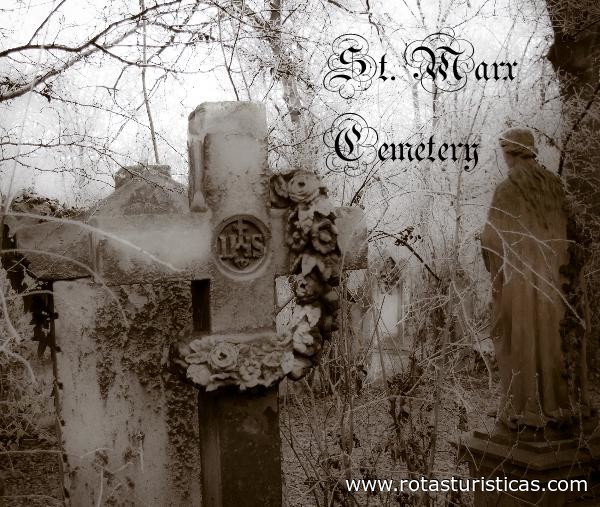 |
Schönbrunn Palace |
| 4,0 Km |
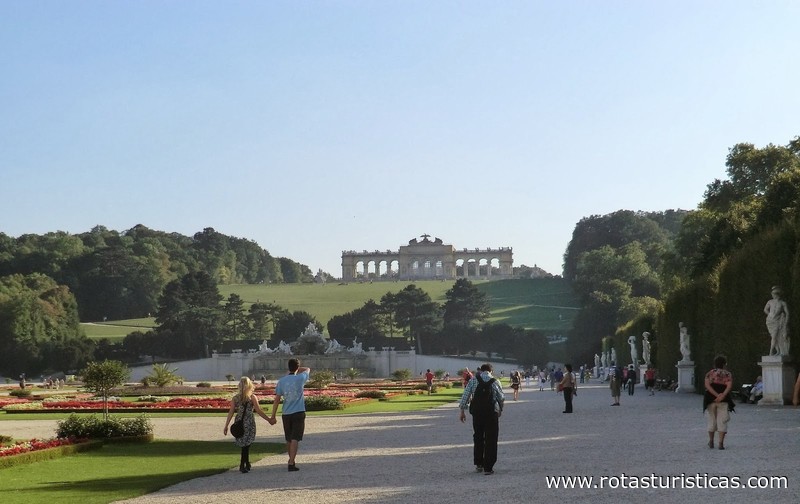 |
Pavilhão do Tribunal de Otto Wagner (Hietzing) (Viena) |
| 4,3 Km |
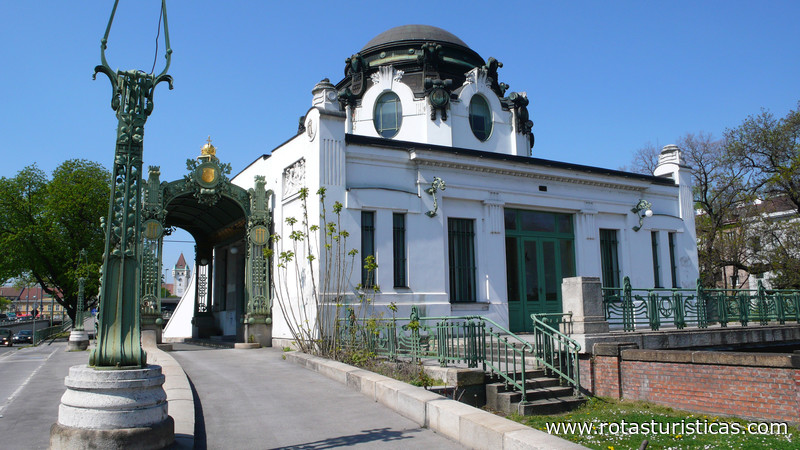 |
Zoológico de Schönbrunn (Viena) |
| 4,8 Km |
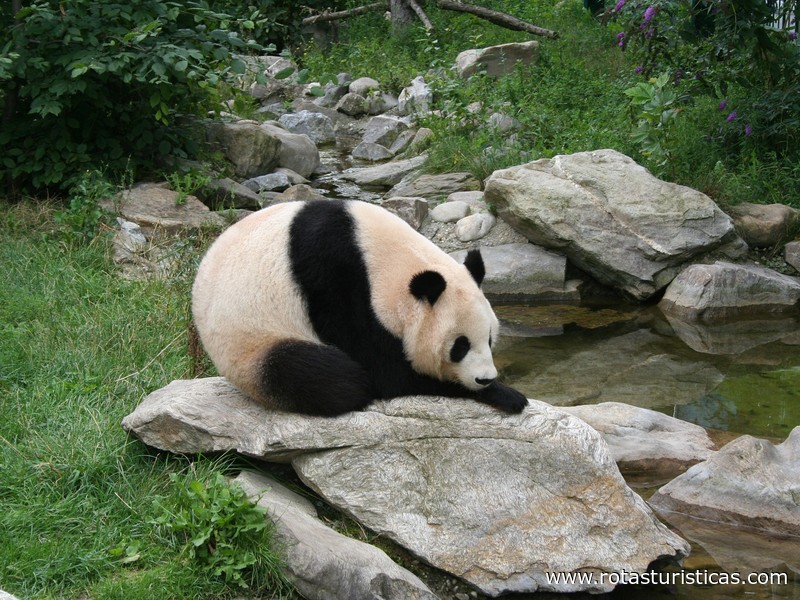 |
Observatório Kuffner (Viena) |
| 5,2 Km |
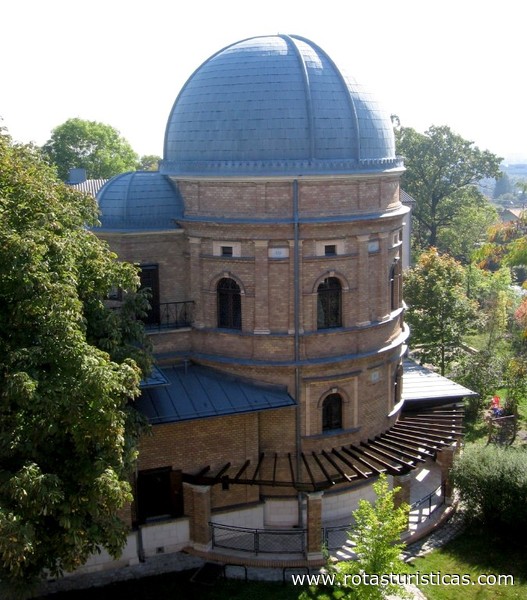 |
Museu na Lavandaria (Viena) |
| 5,3 Km |
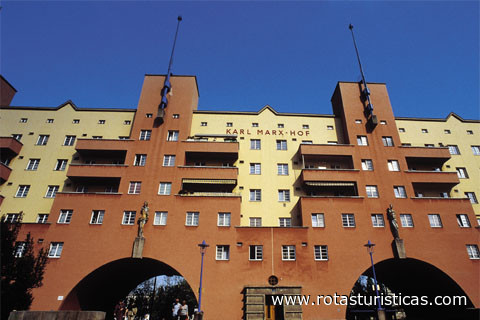 |
Centro Islâmico - Mesquita (Viena) |
| 5,5 Km |
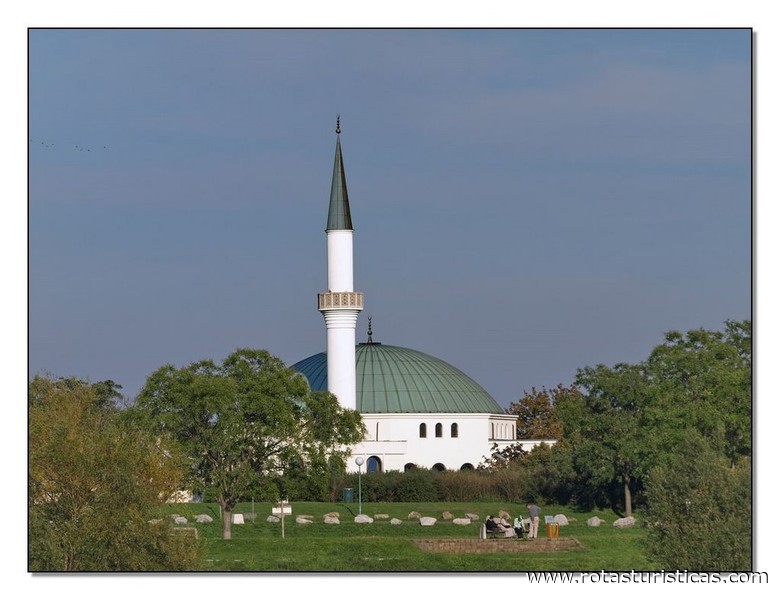 |
Torre do Danúbio (Viena) |
| 5,6 Km |
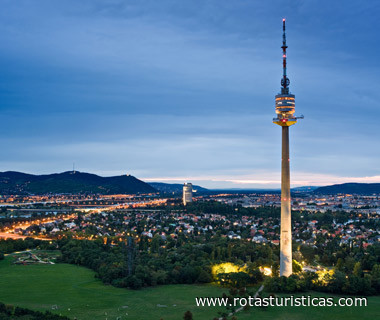 |
Museu Ernst Fuchs (Viena) |
| 7,7 Km |
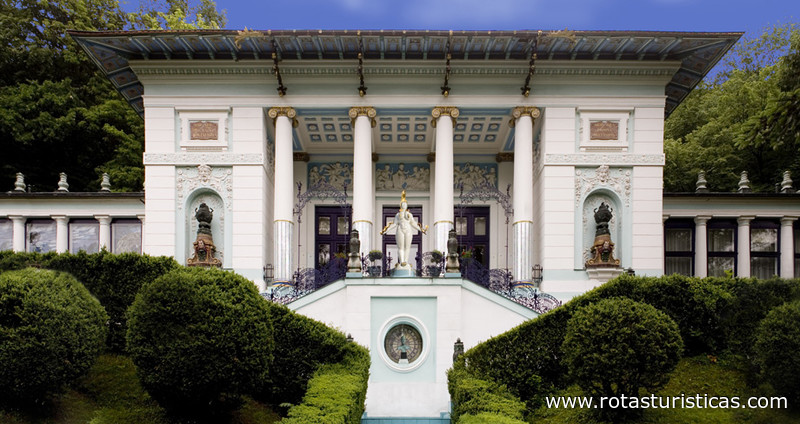 |
Hermesvilla |
| 9,1 Km |
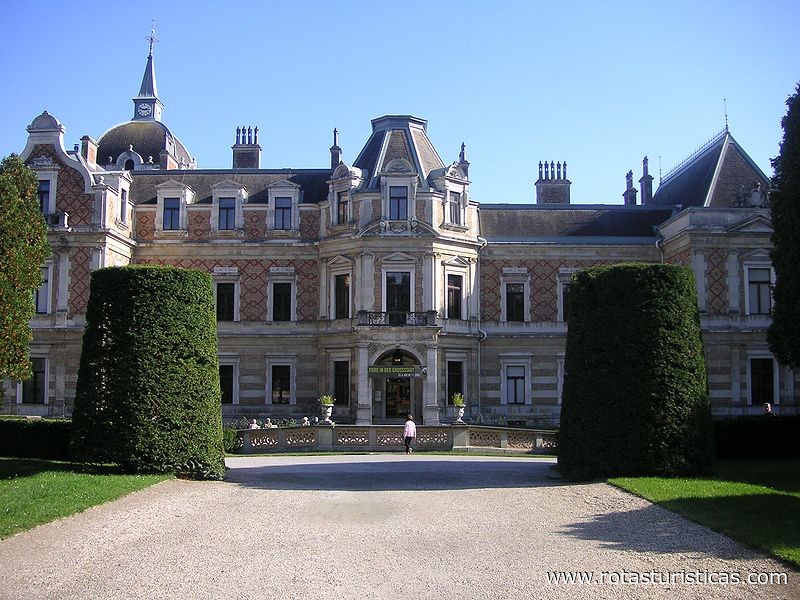 |
Museu Essl Kunst Der Gegenwart |
| 11,2 Km |
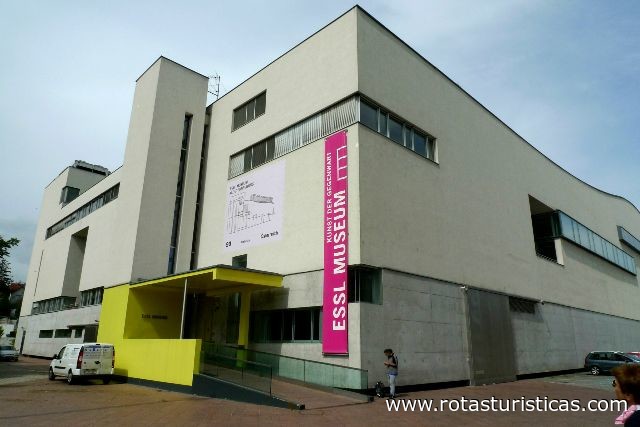 |
Museu Essl - Arte do Presente (Klosterneuburg) |
| 11,2 Km |
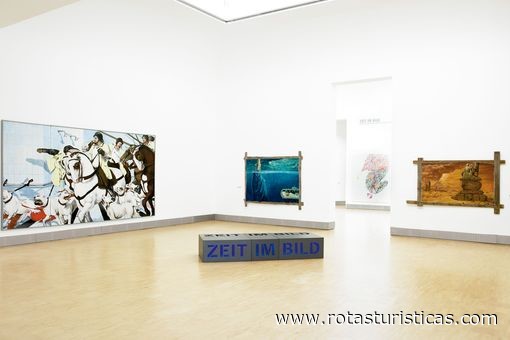 |
Cemitério dos Sem Nome (Viena) |
| 11,7 Km |
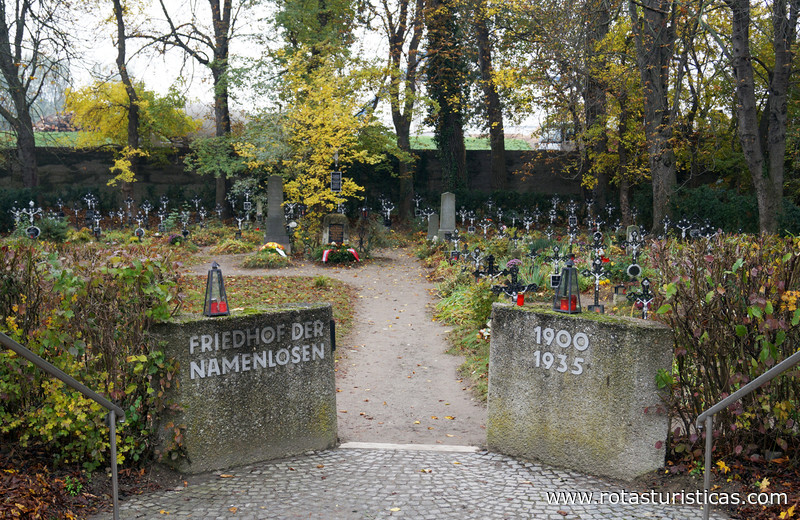 |
Kreuzenstein Castle |
| 20,0 Km |
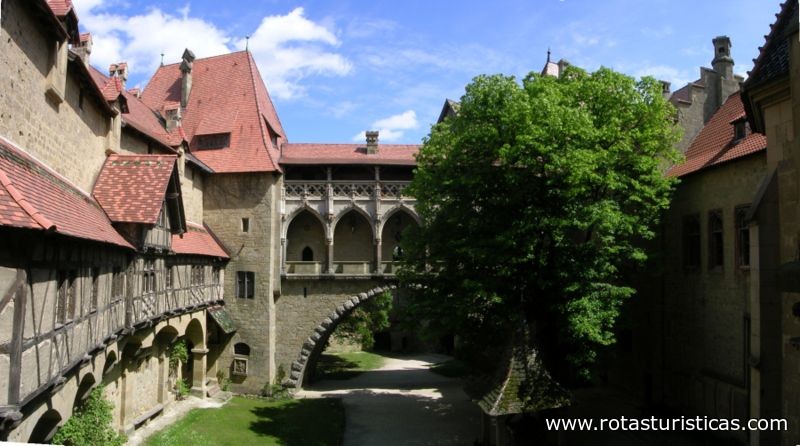 |
Hotel reservation near Leopold Museum within a radius of 20 km
Why to book with Clube Net
The best prices
Our partnerships with the world´s largest operators offer research on the best market prices.
More options
At Rotas Turisticos you can book the hotel, buy the air ticket, book the transfer from the airport to the hotel and vice versa, book the local excursions, rent the car, take travel insurance and consult the places to visit and where to go.
Holiday Tips & Destinations
Hundreds of holiday destinations with all the options that allow you to easily choose the destination that best suits your dream vacation.
Clube Net
Links


